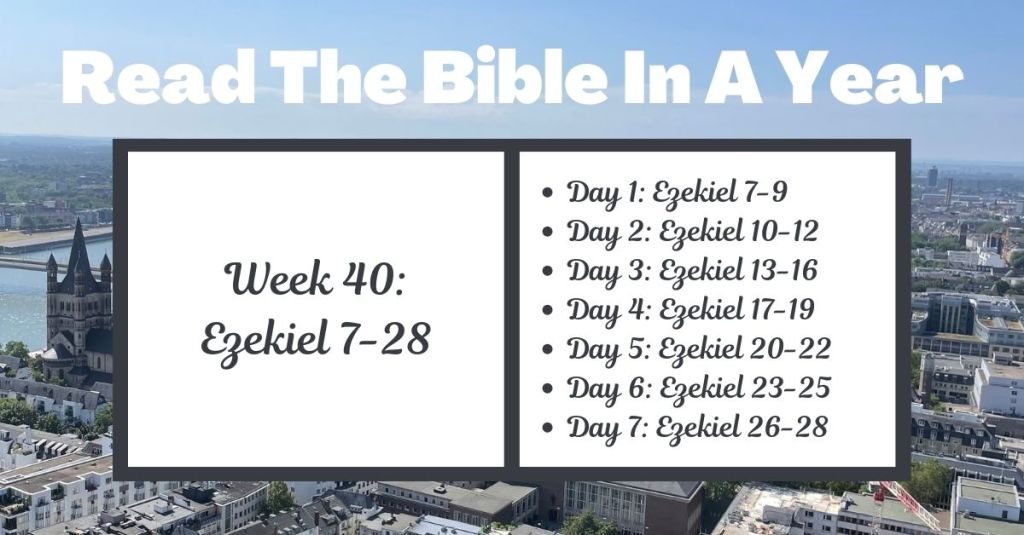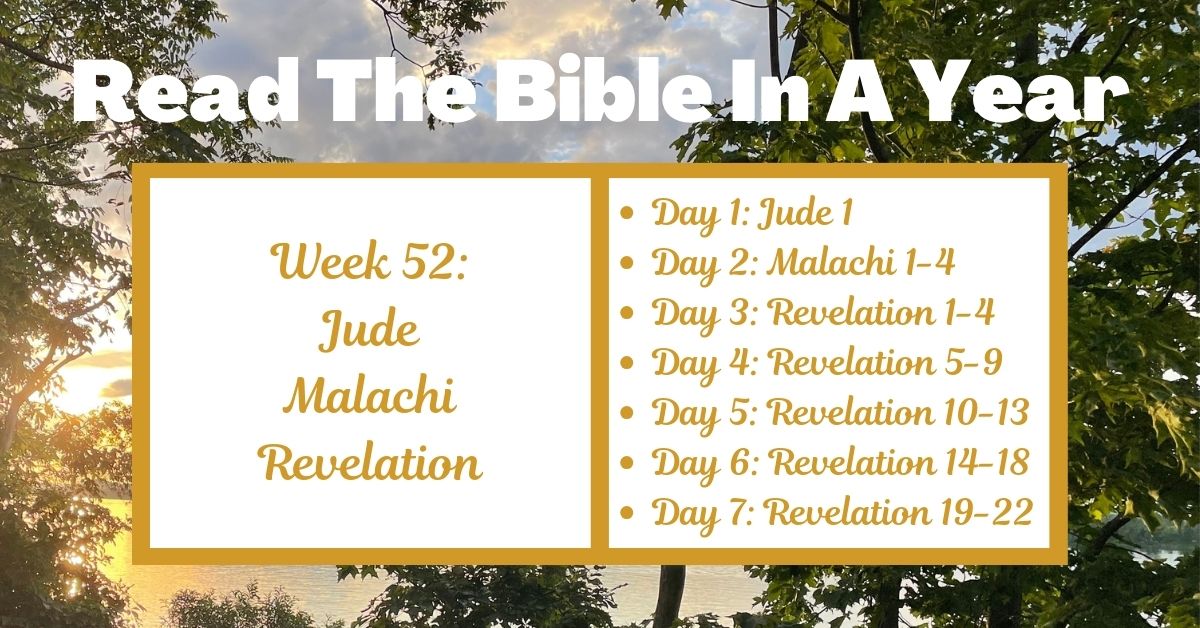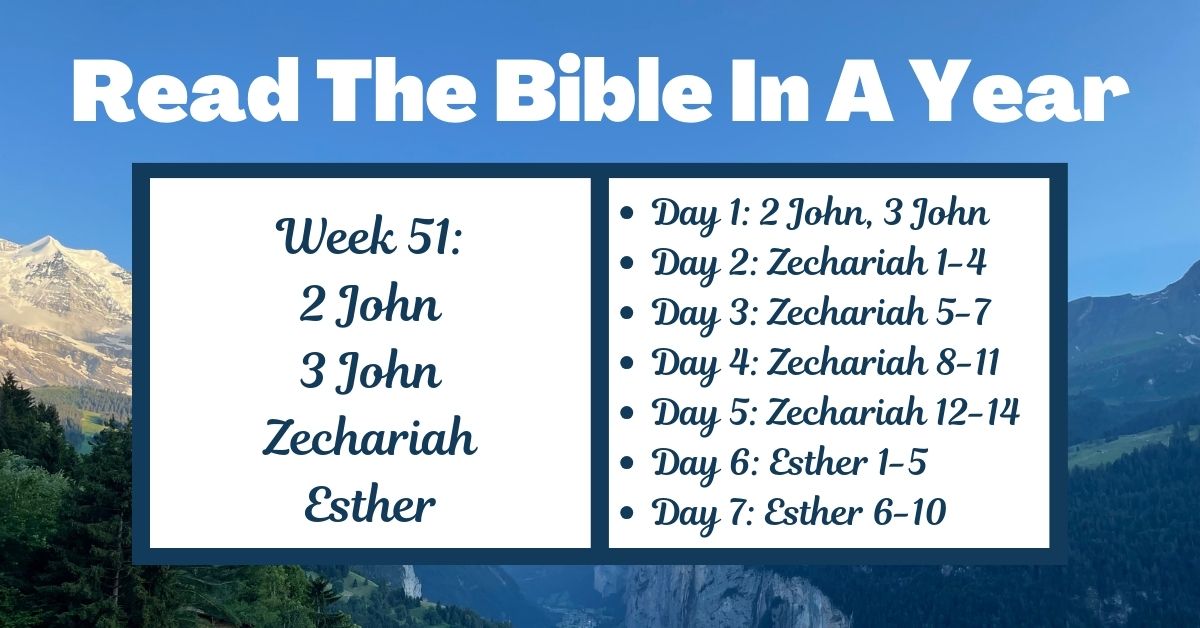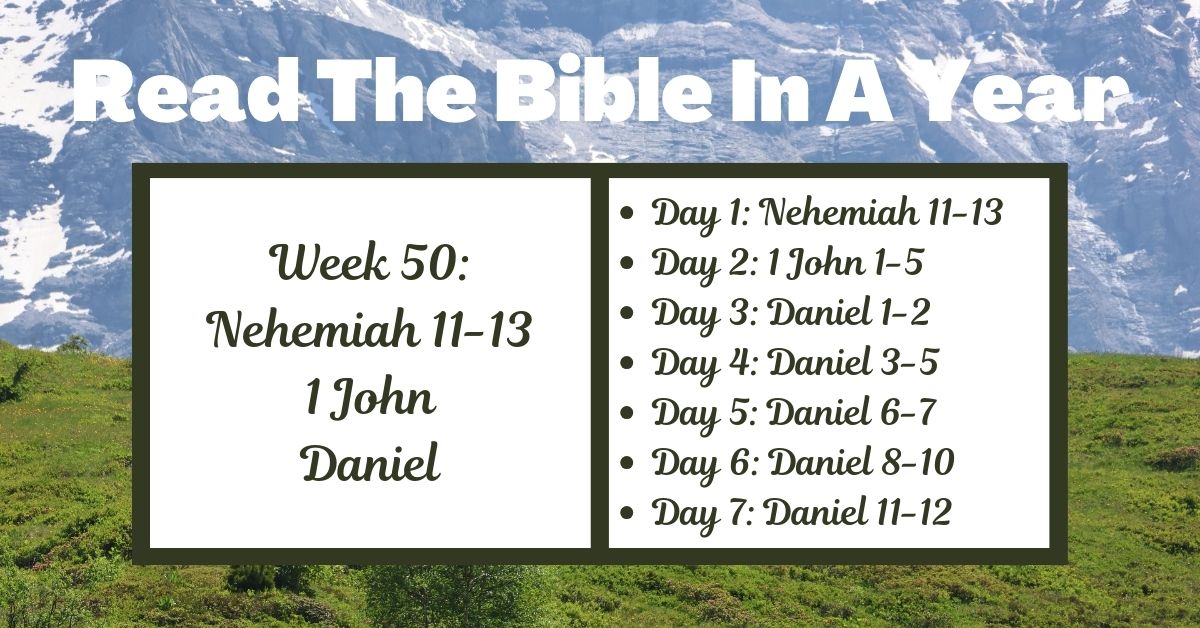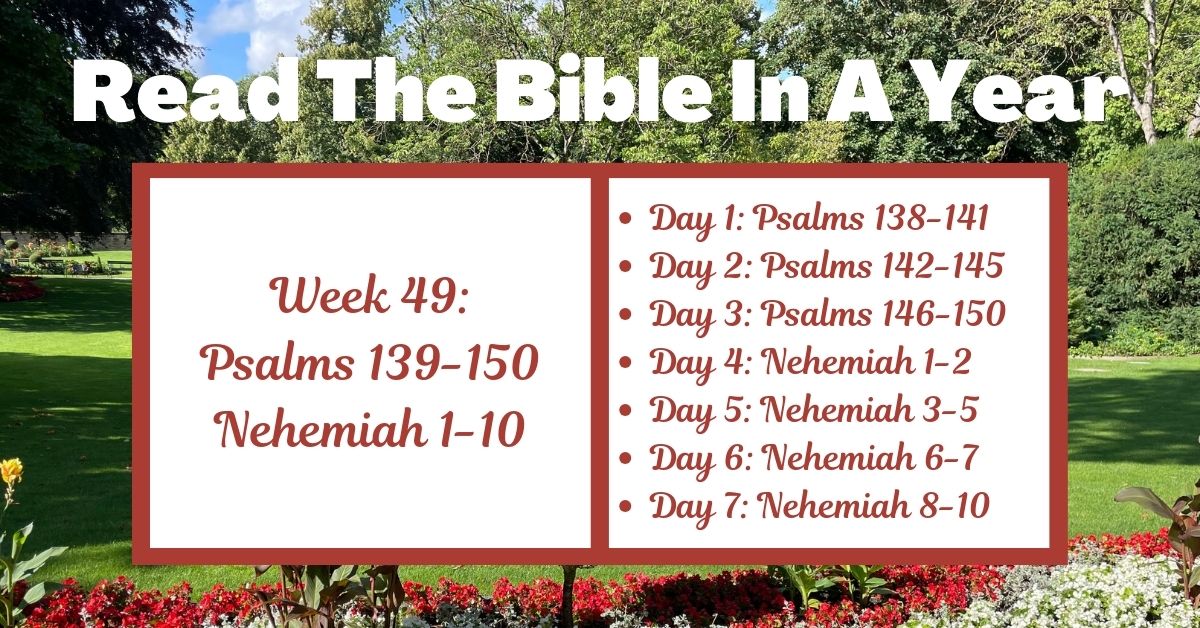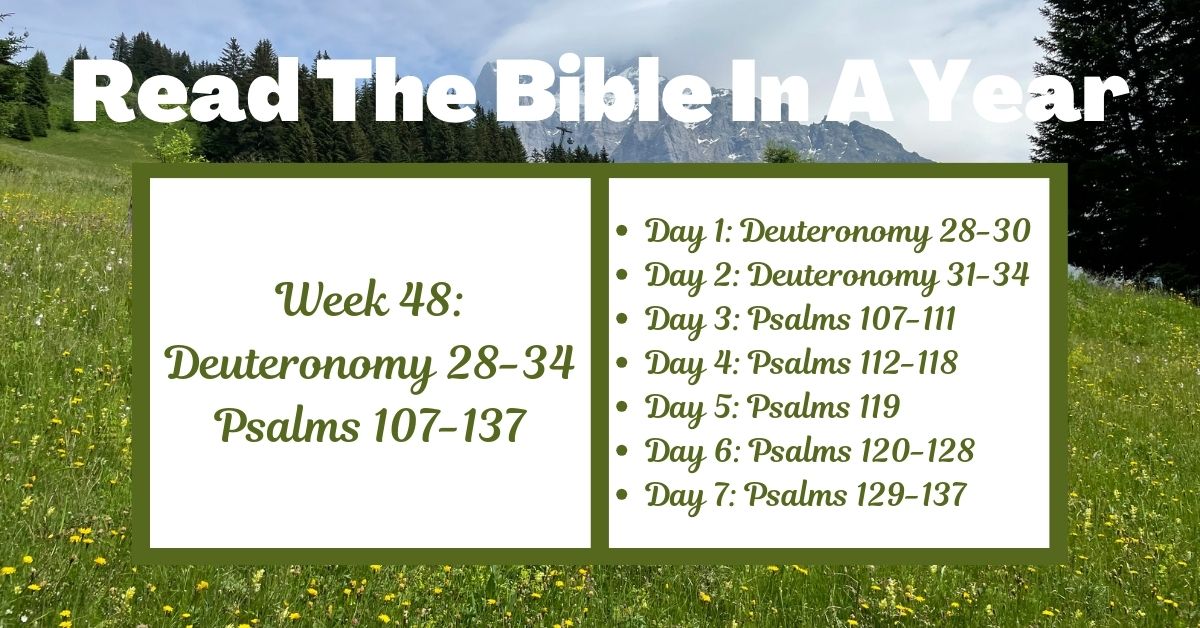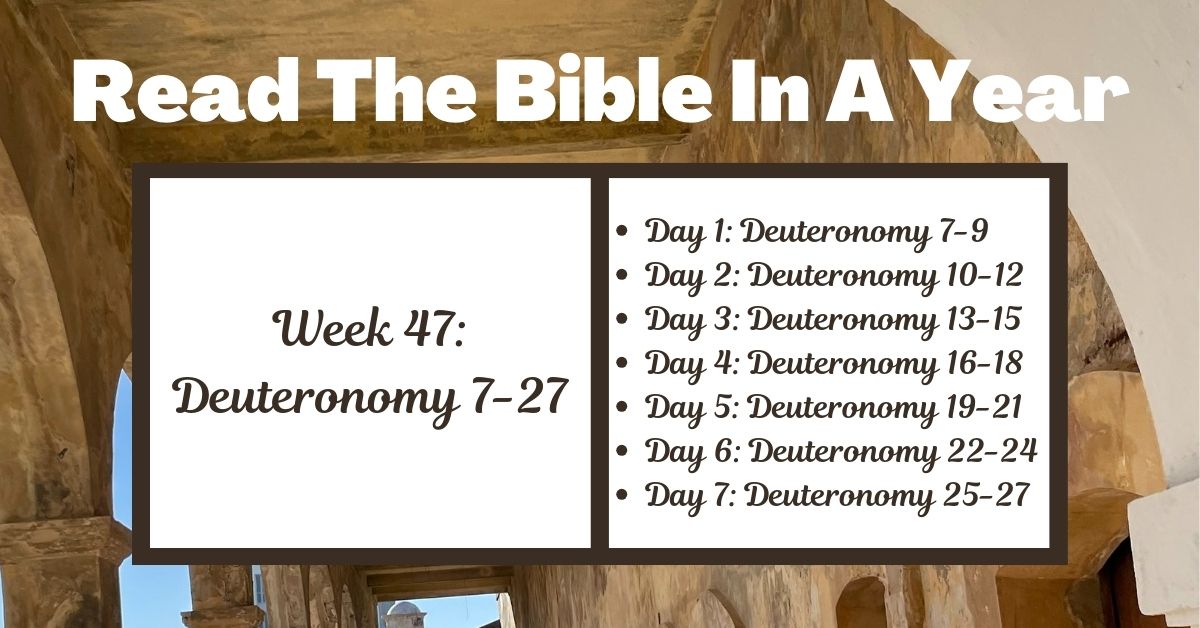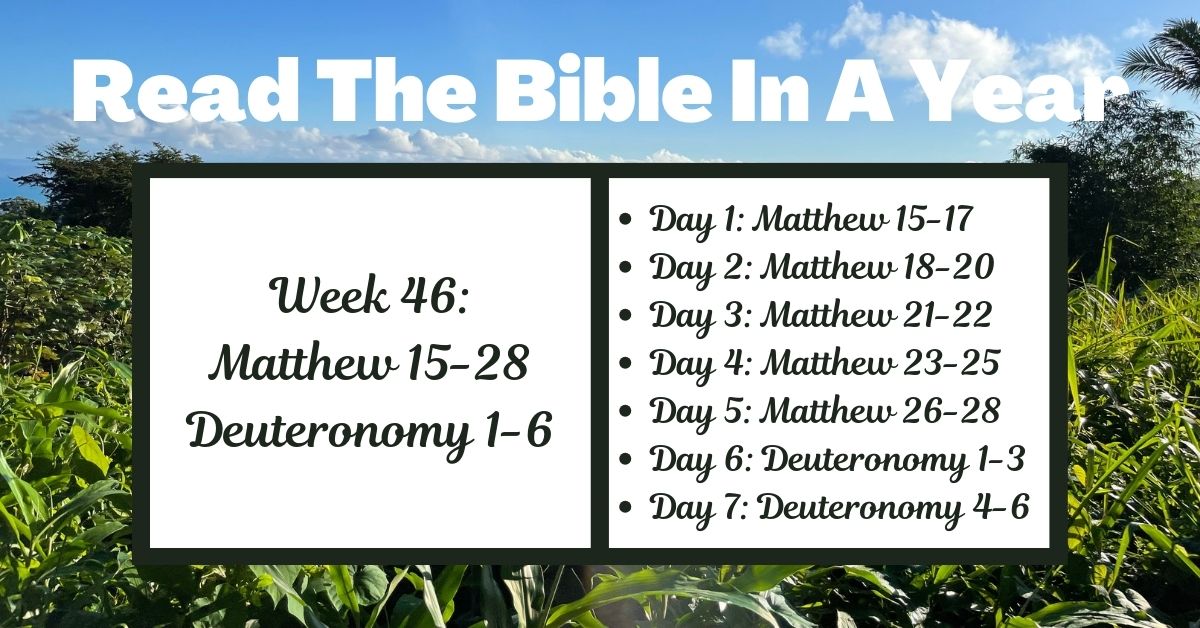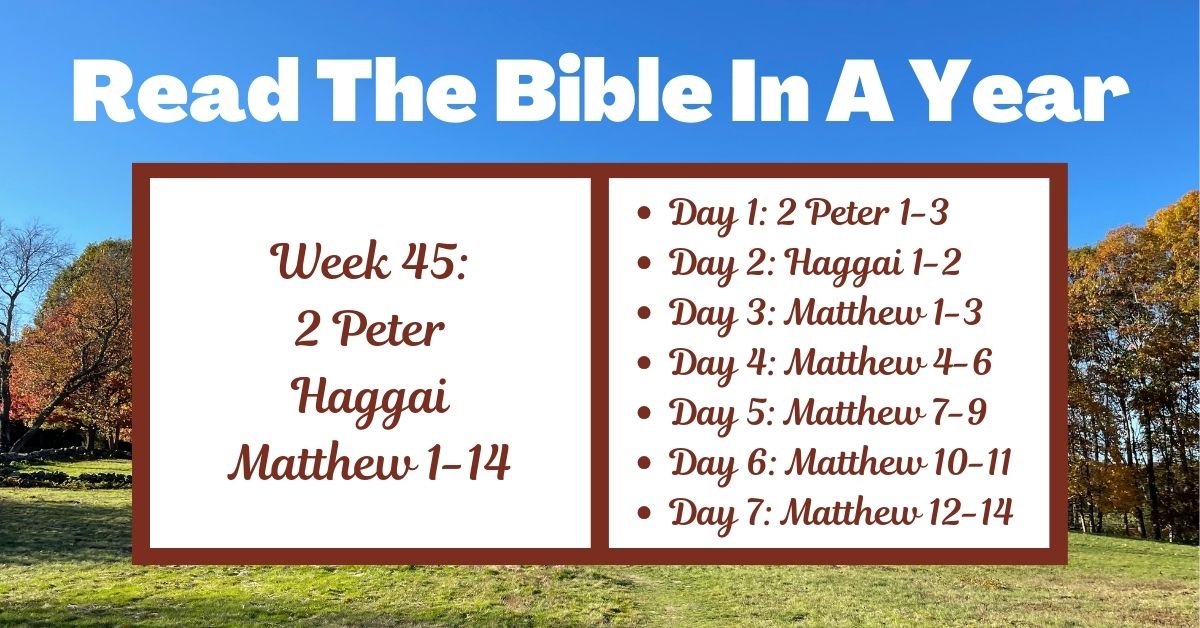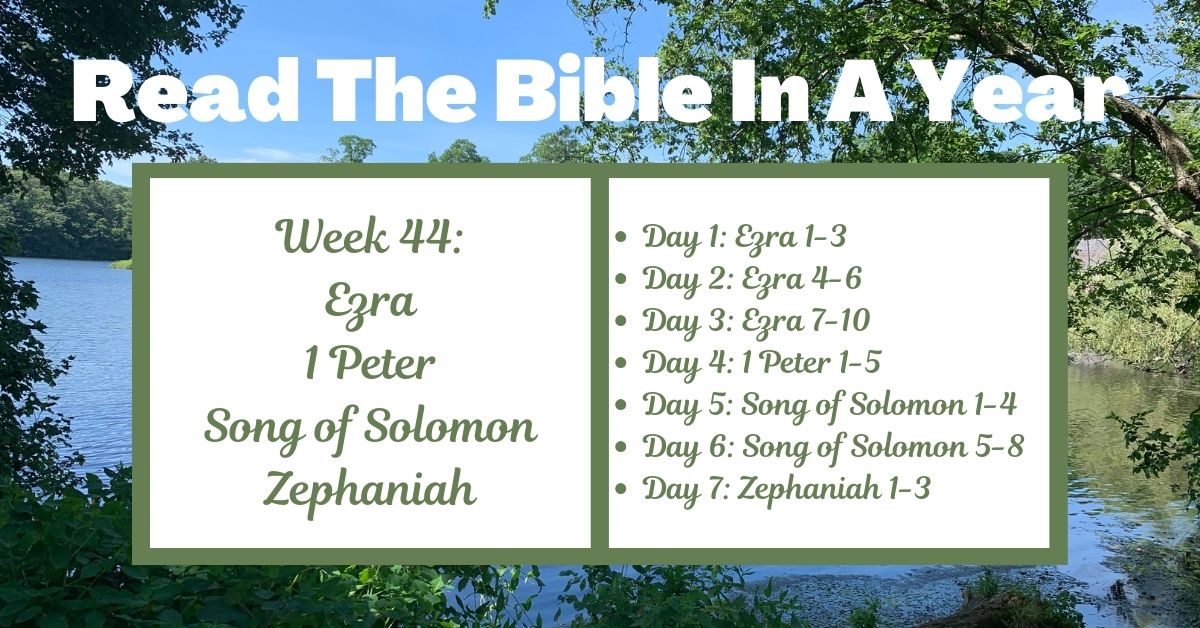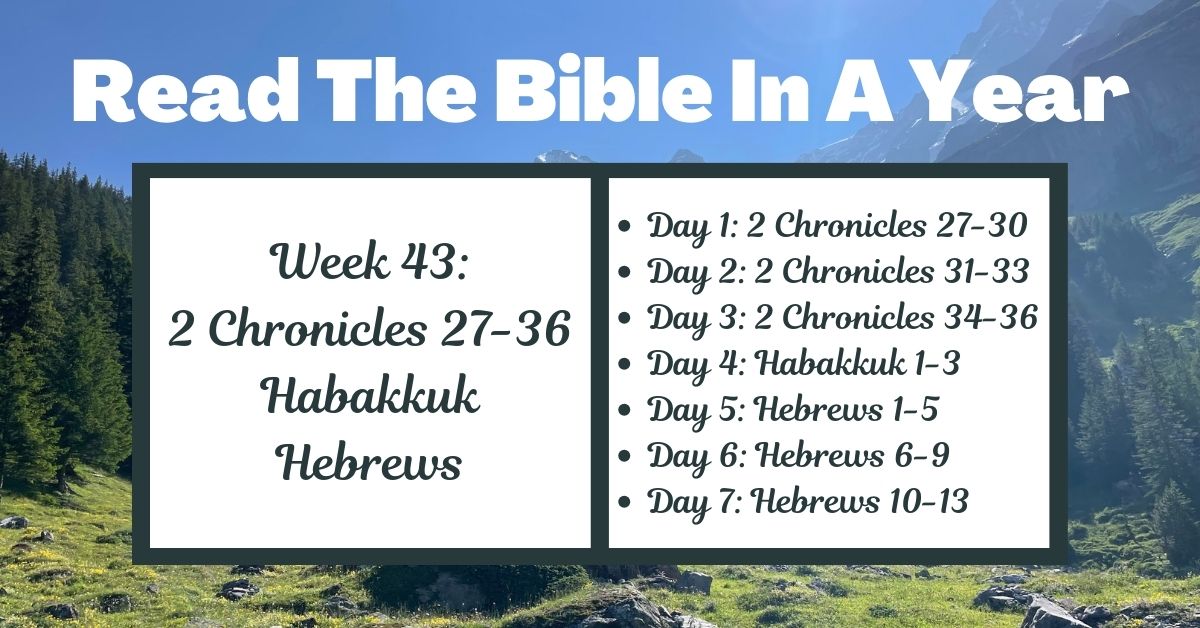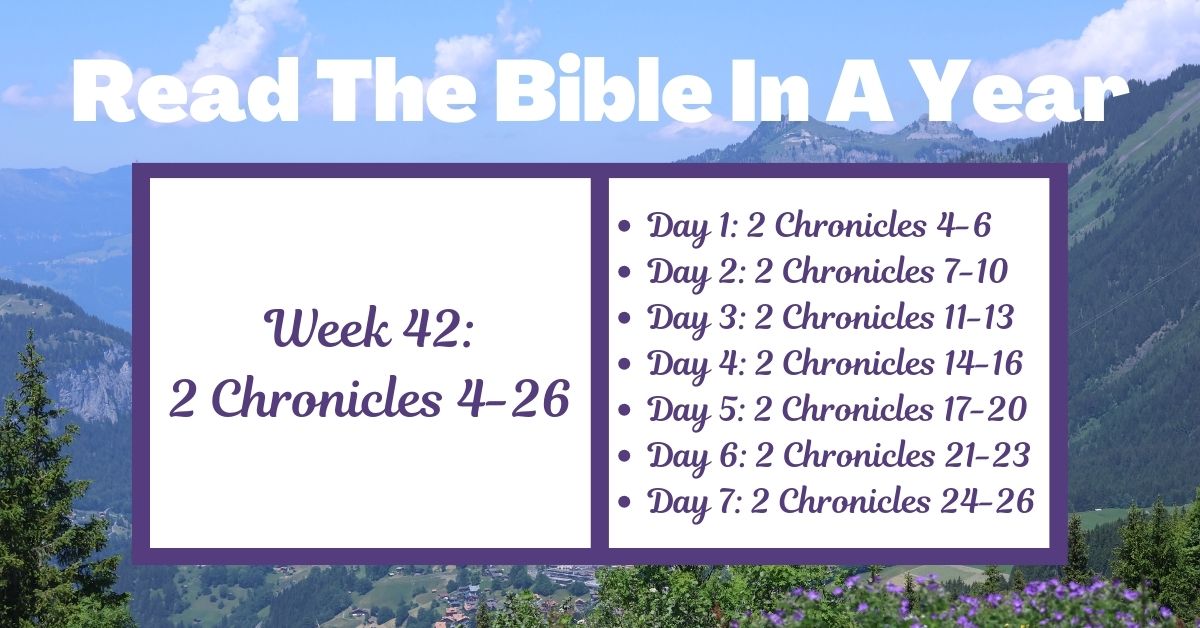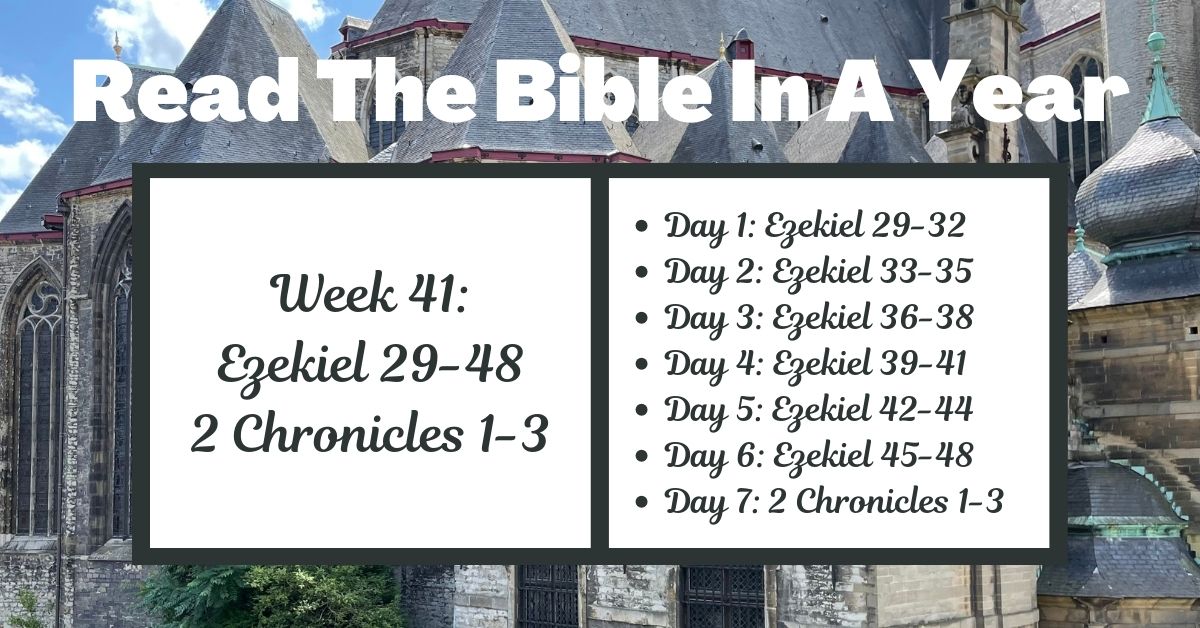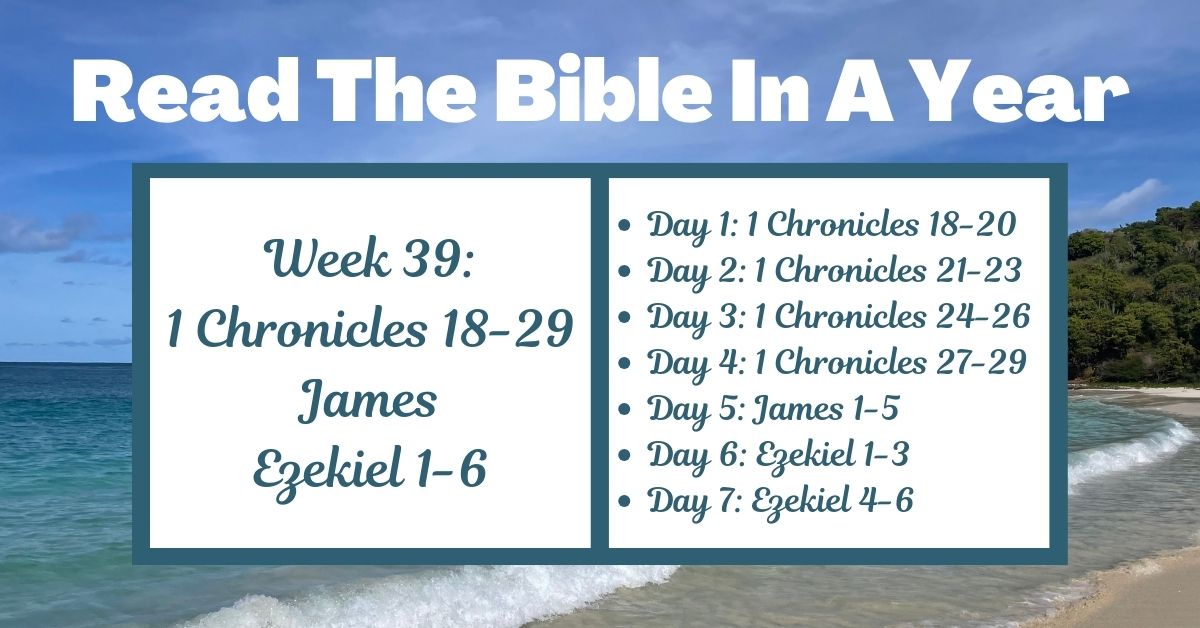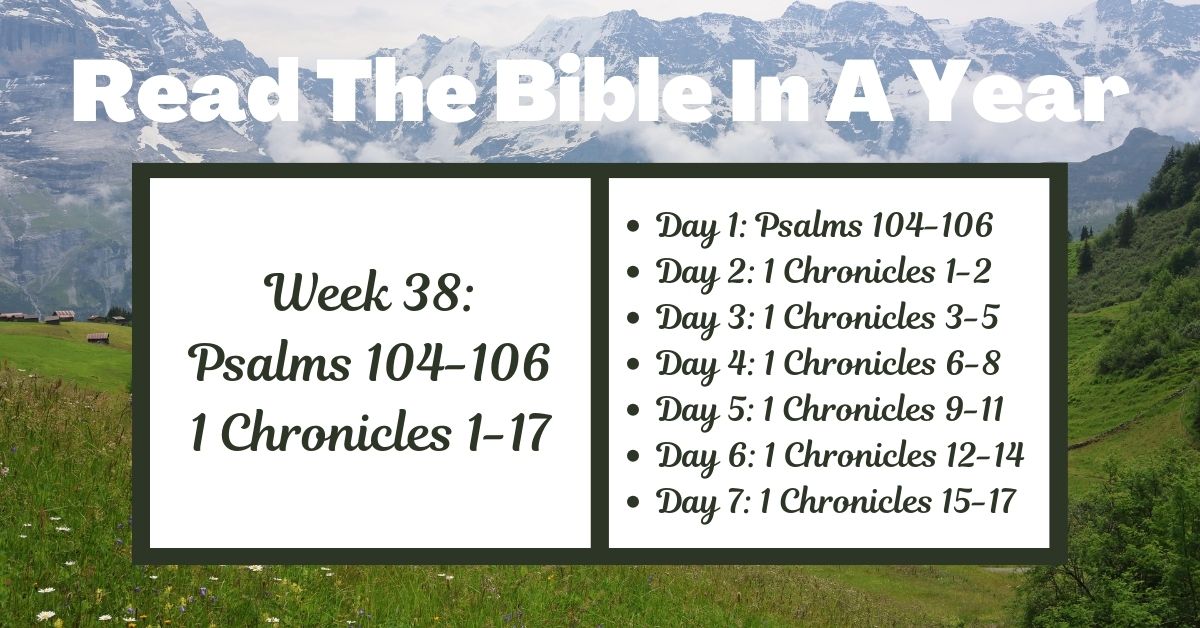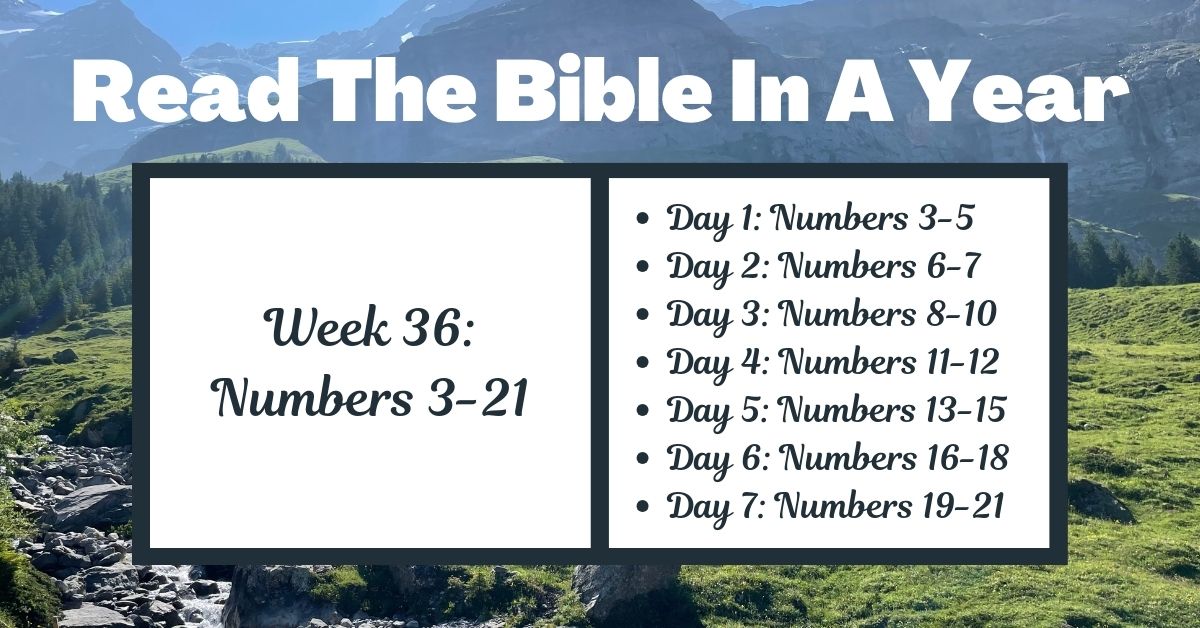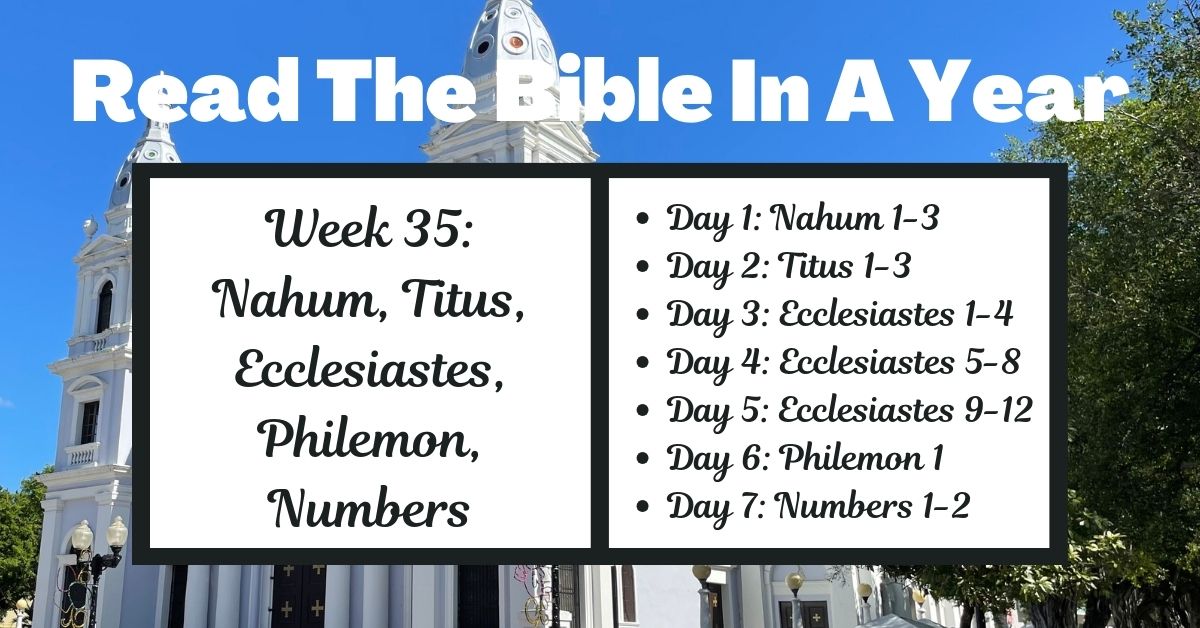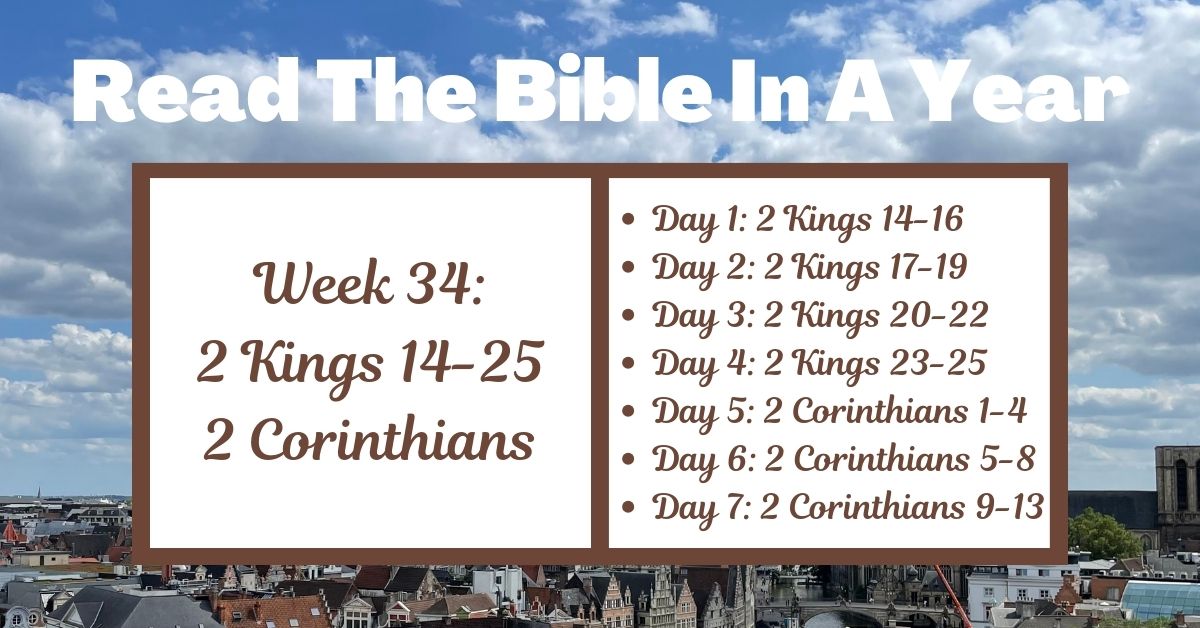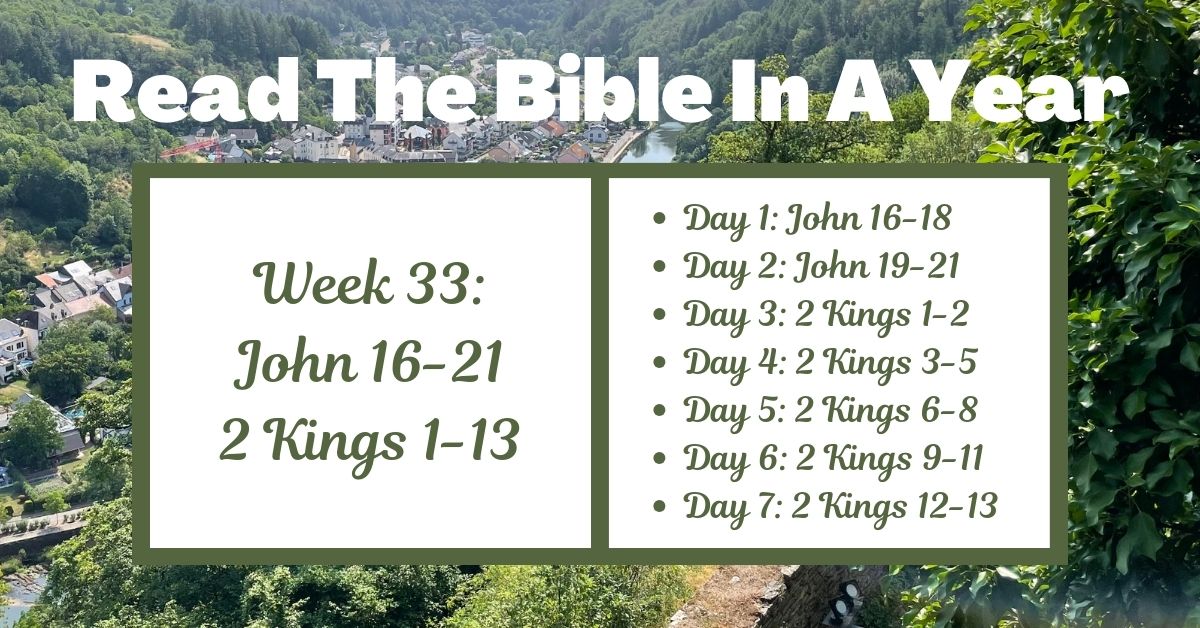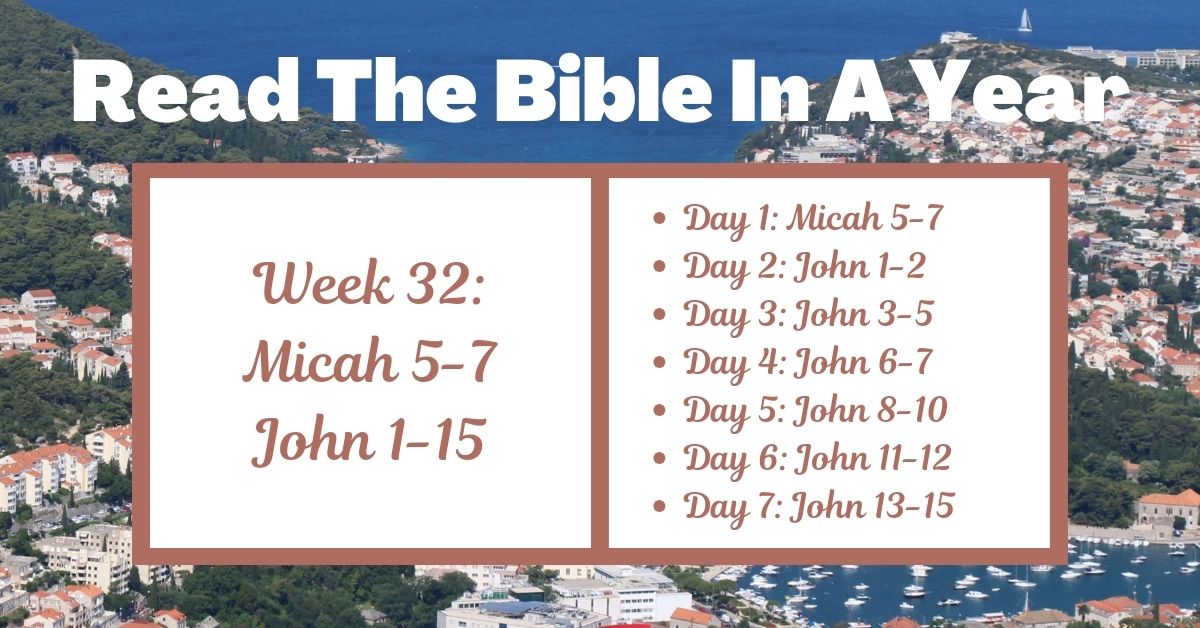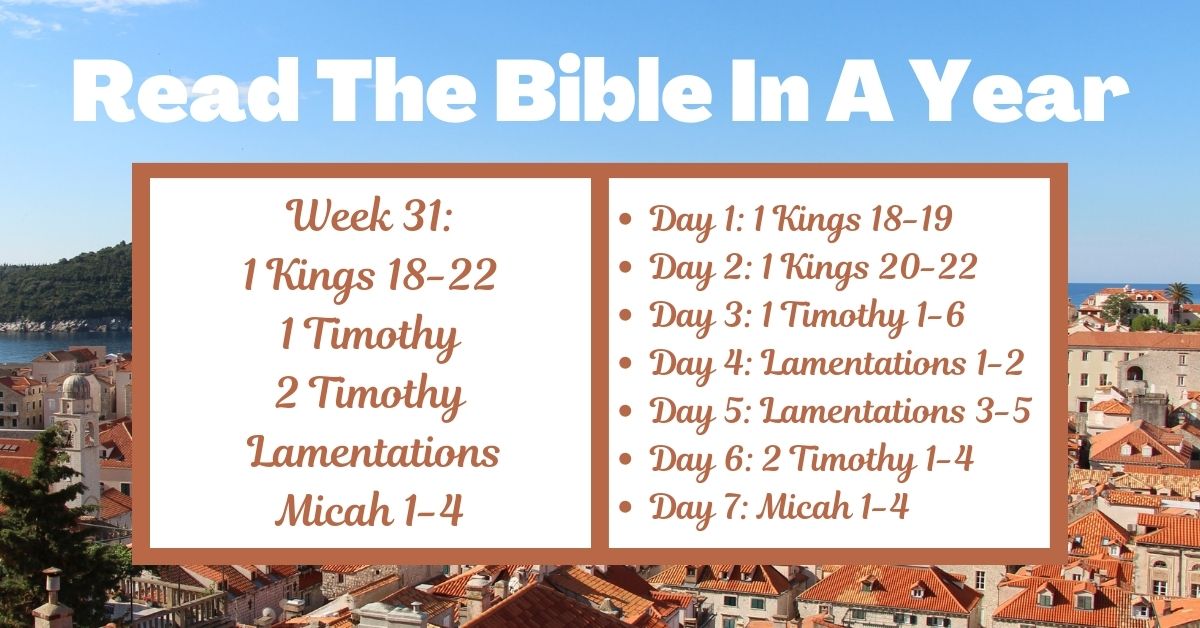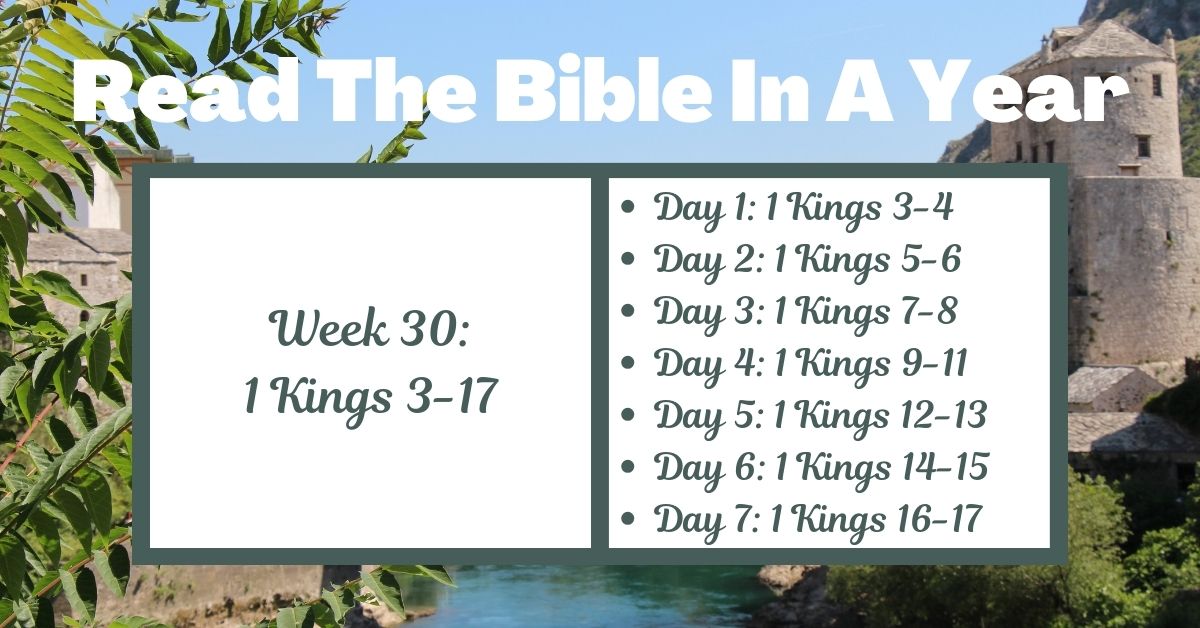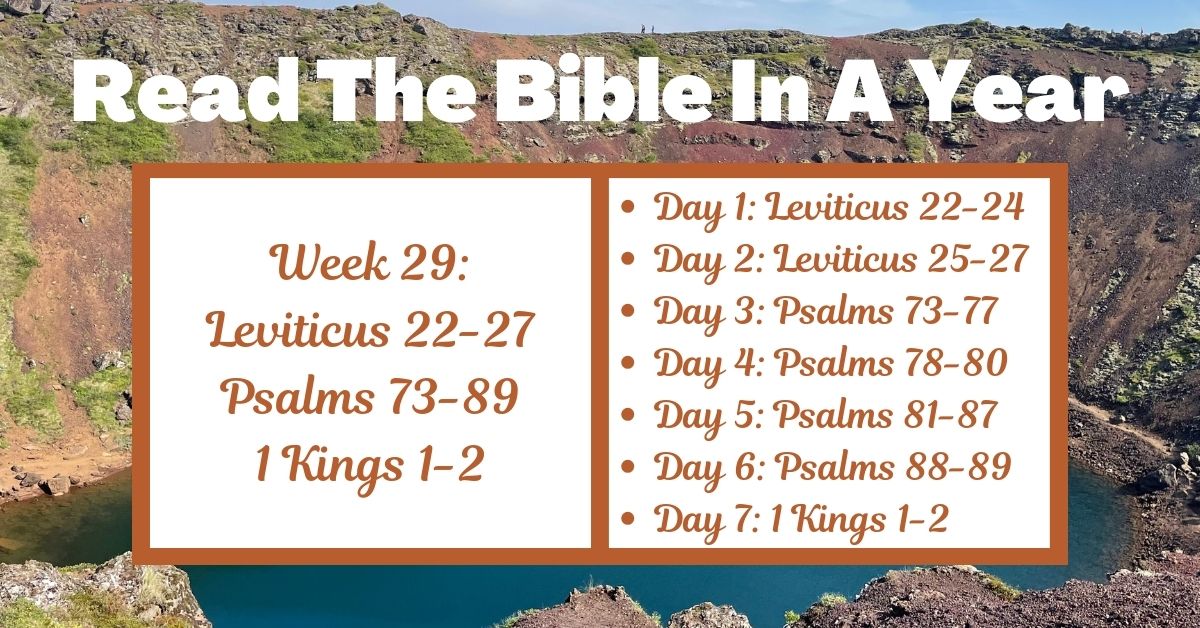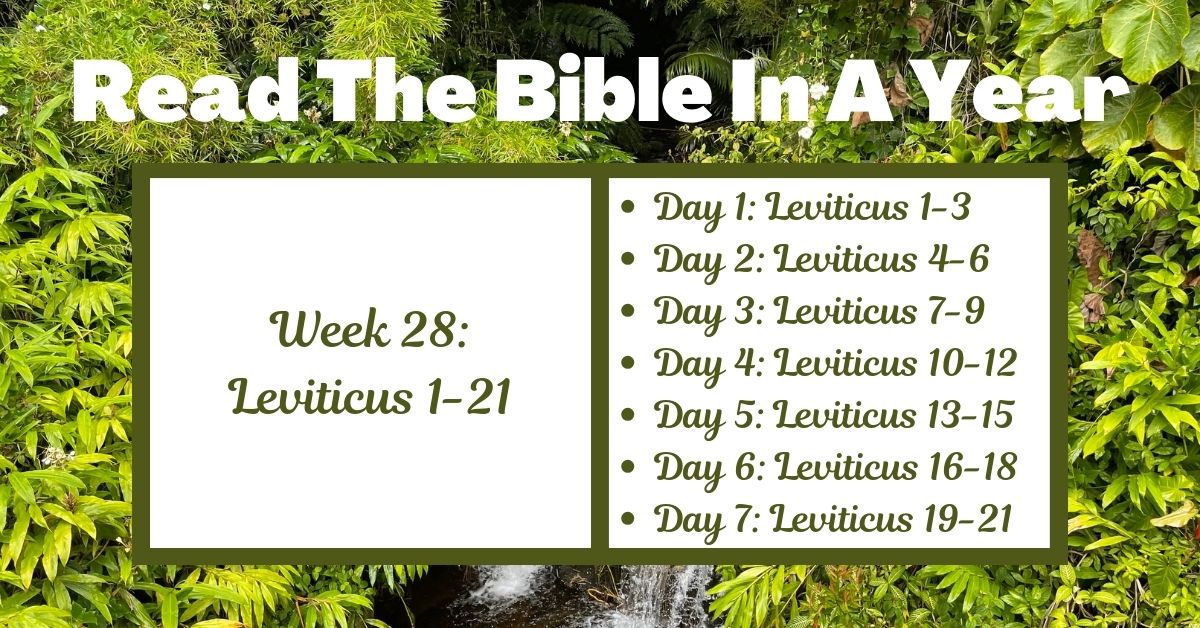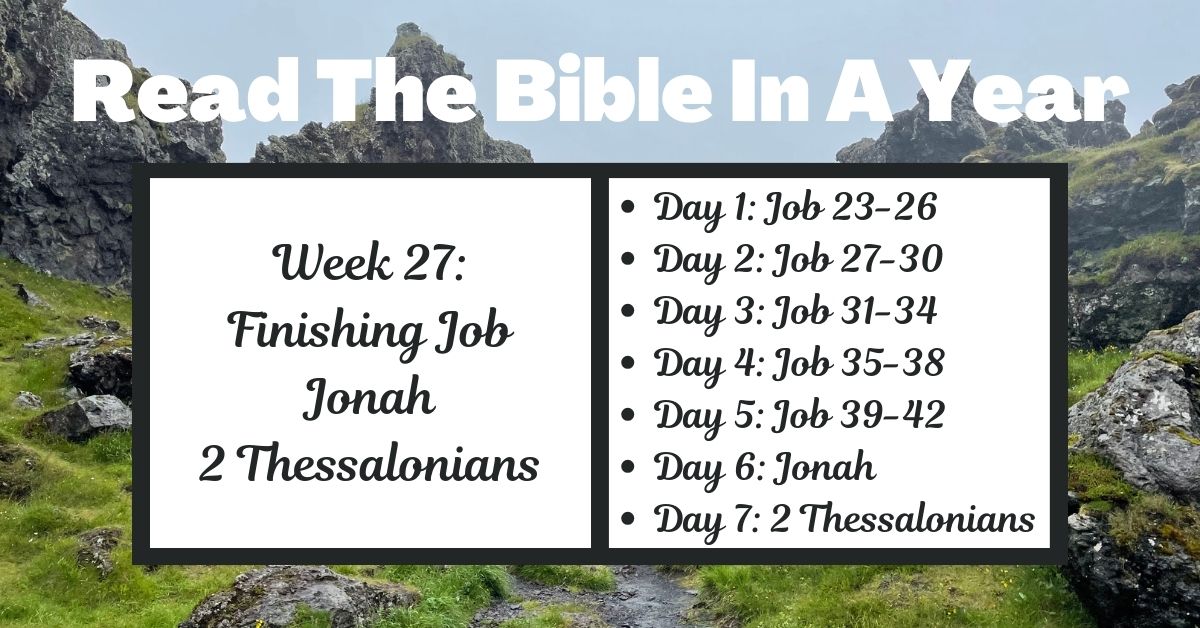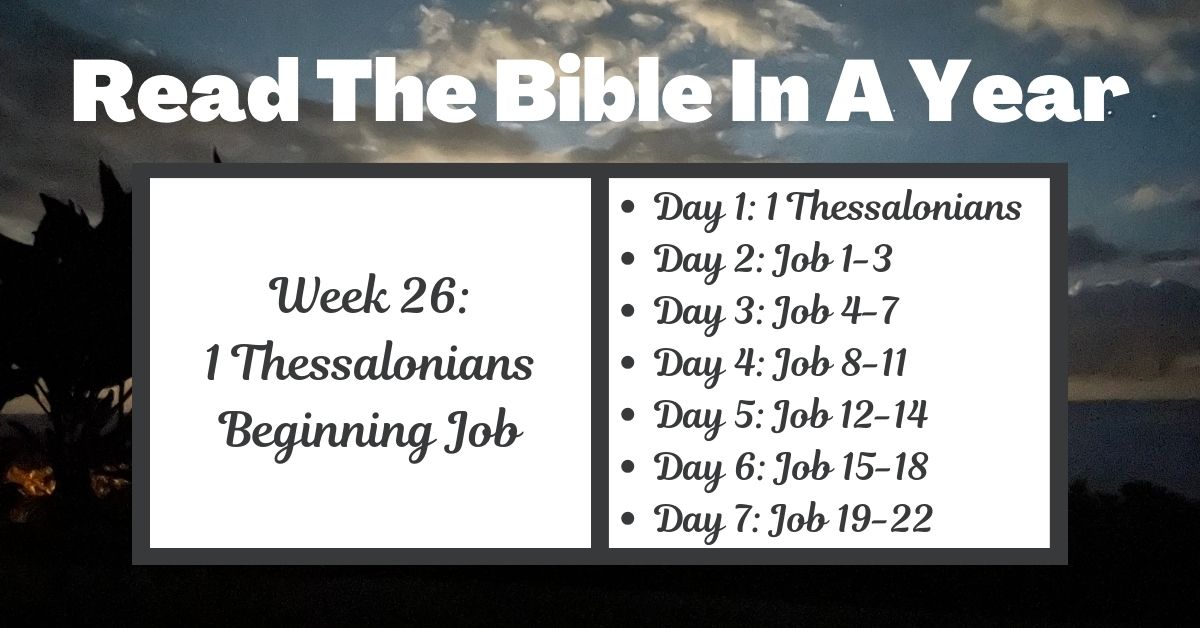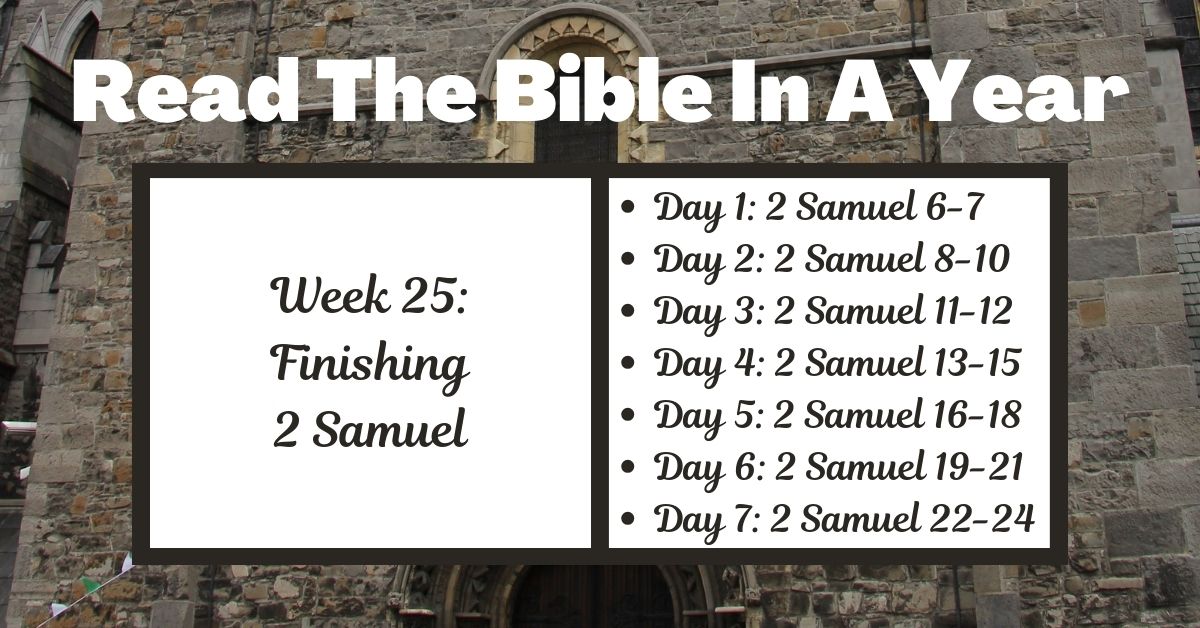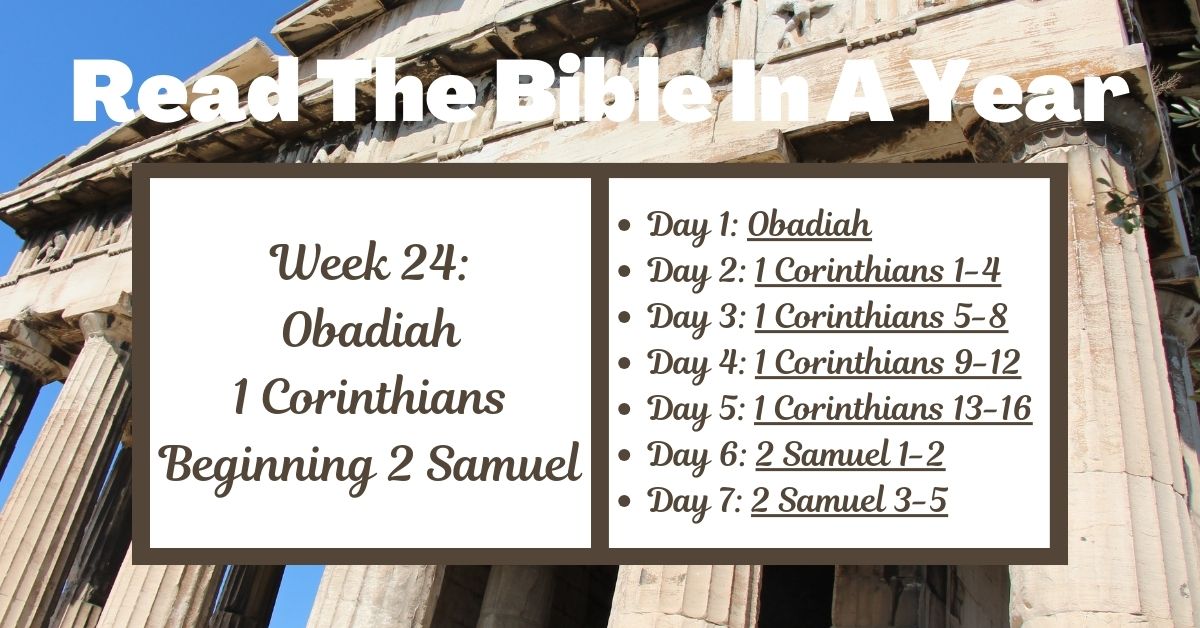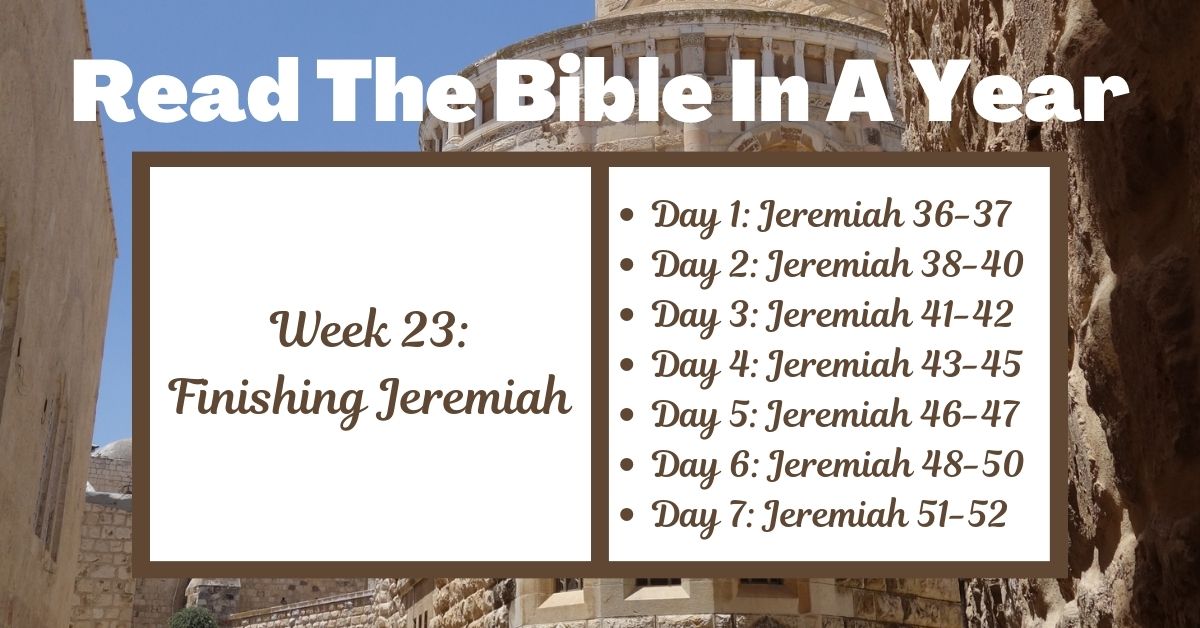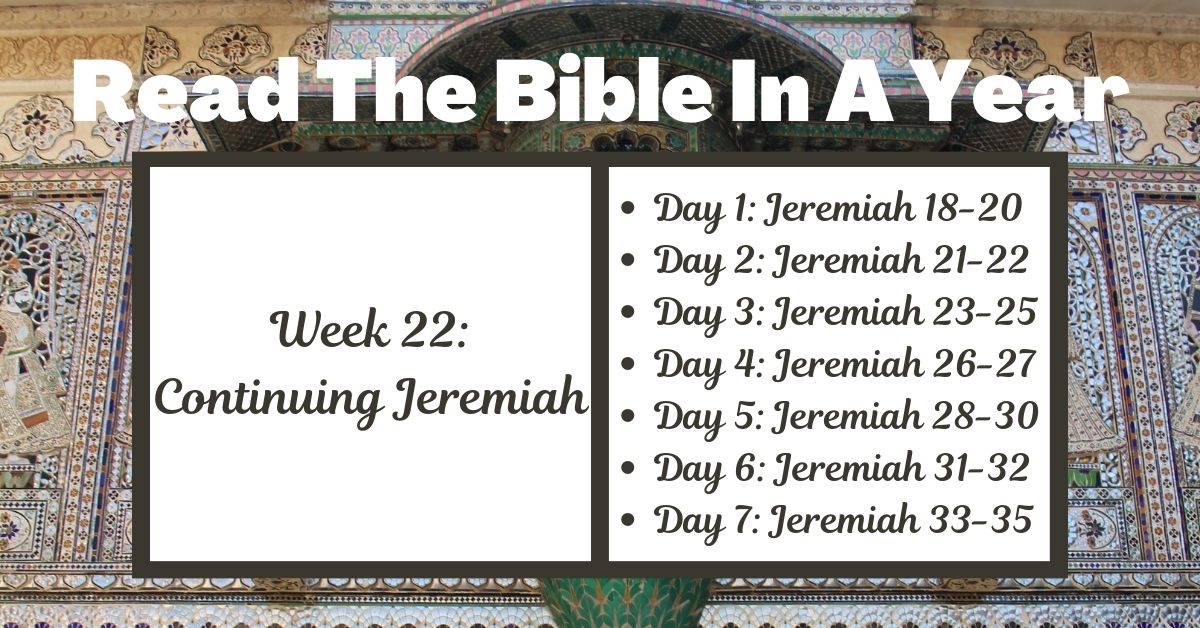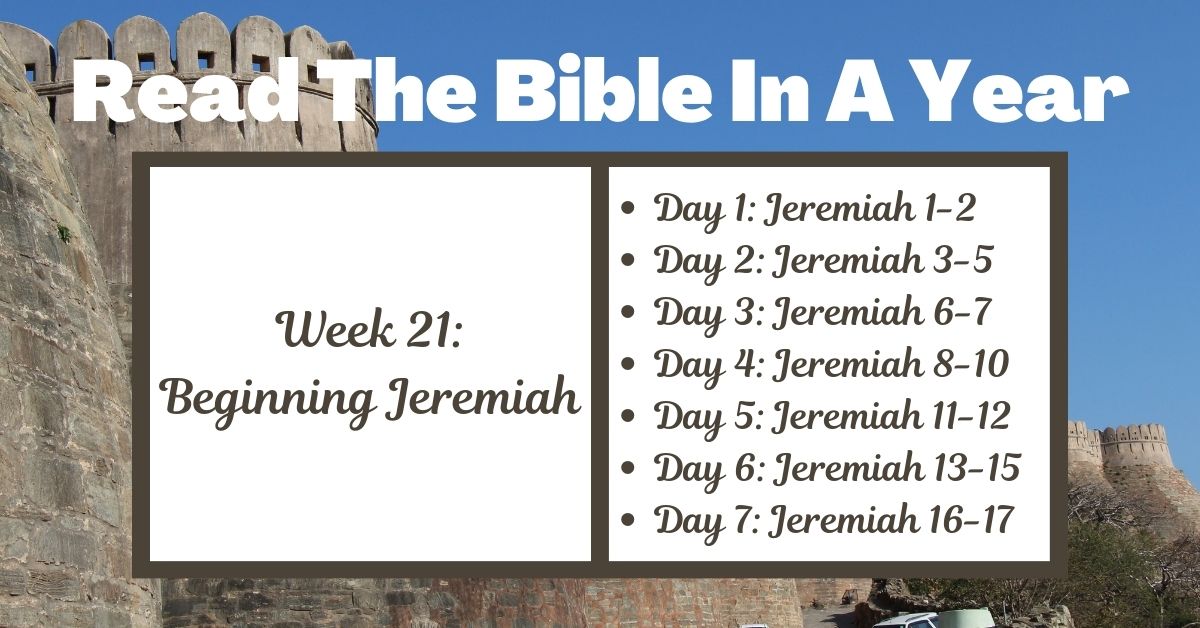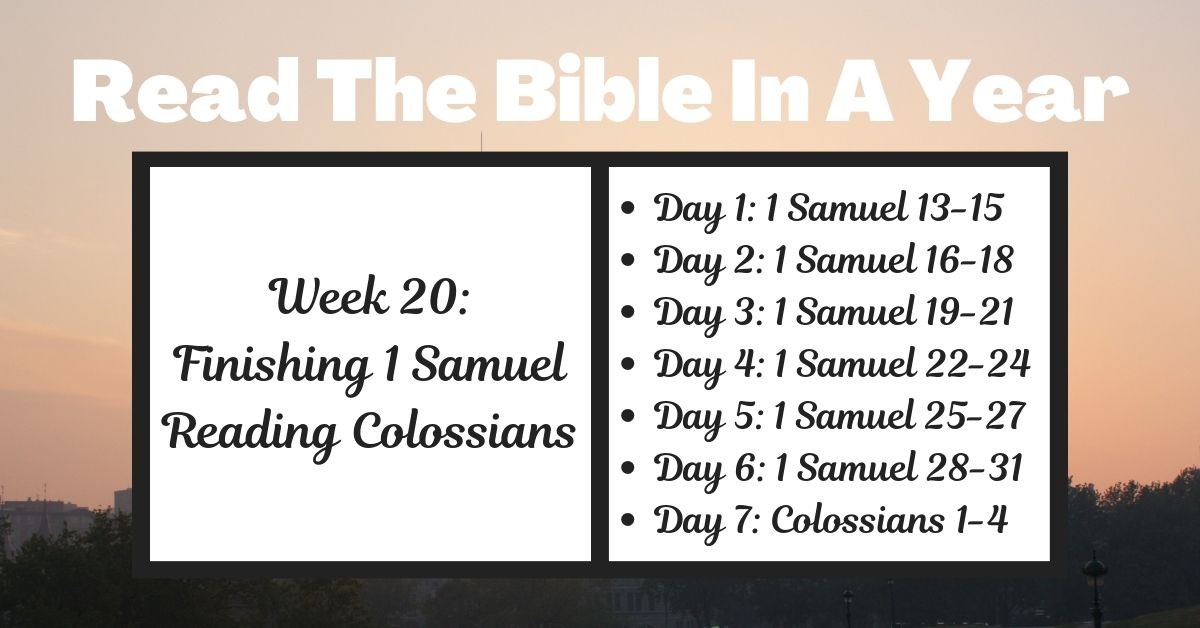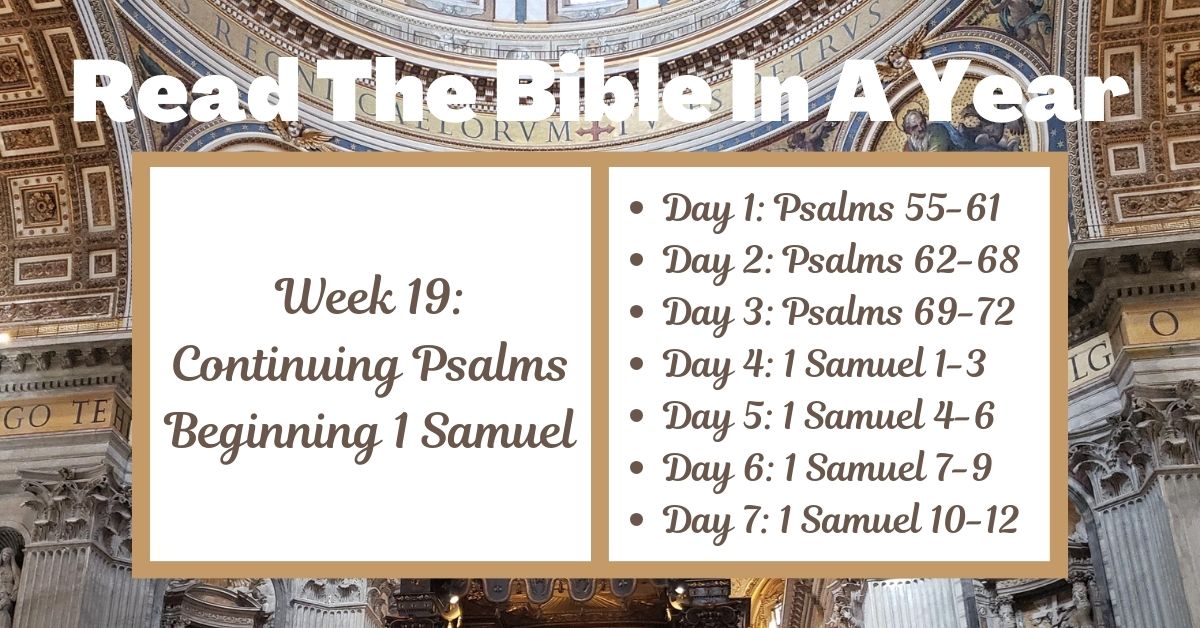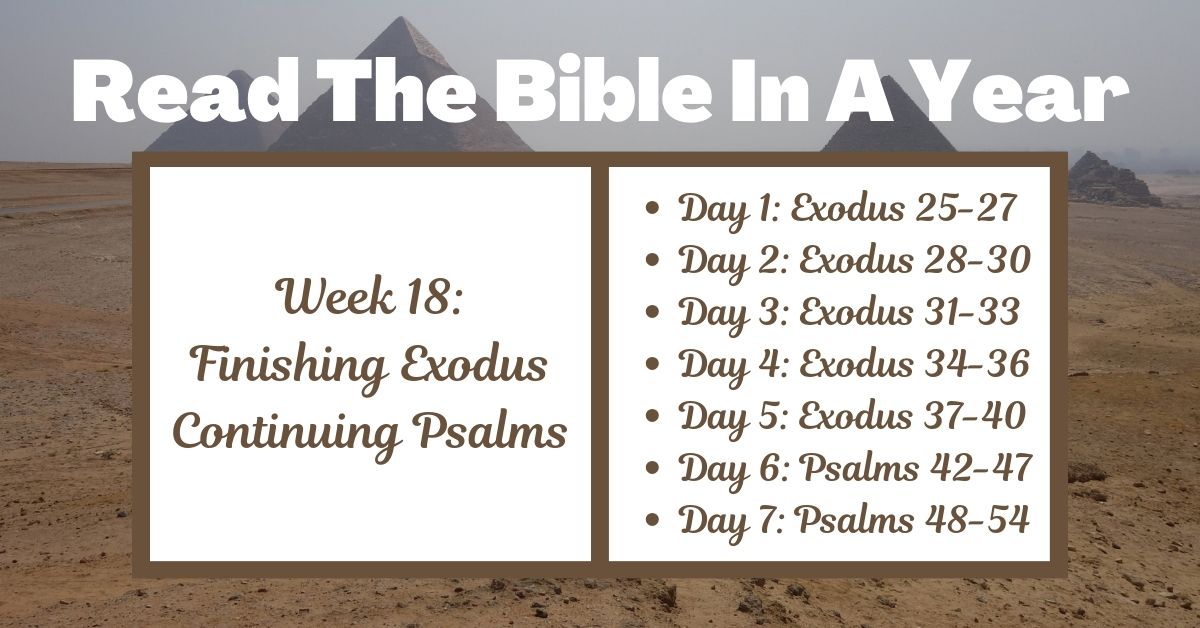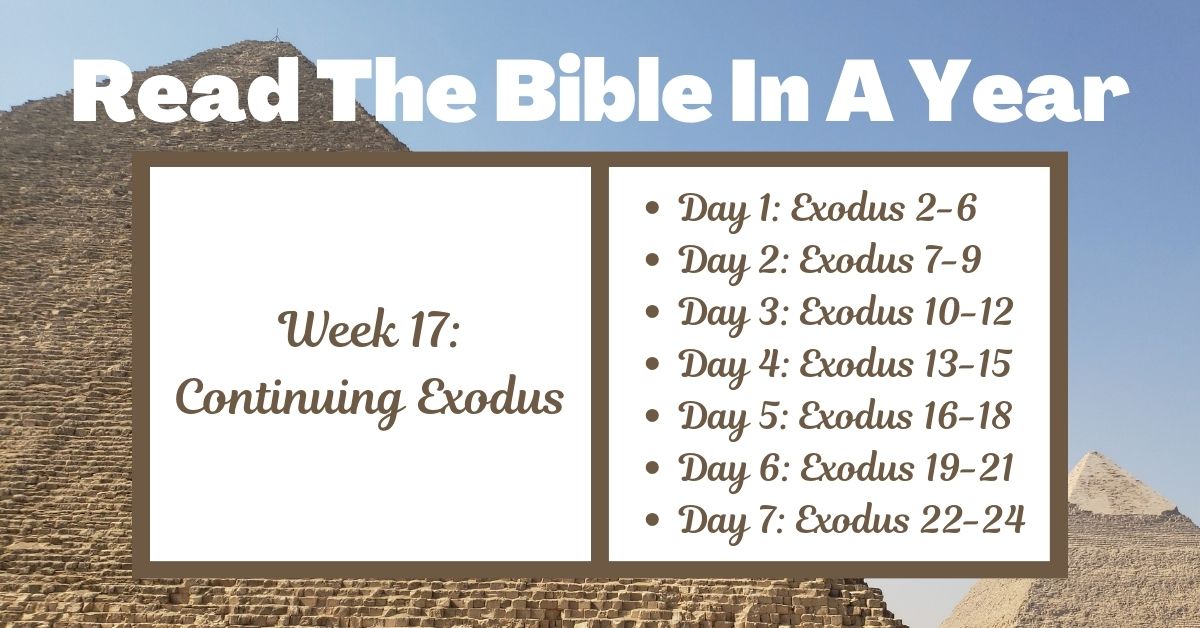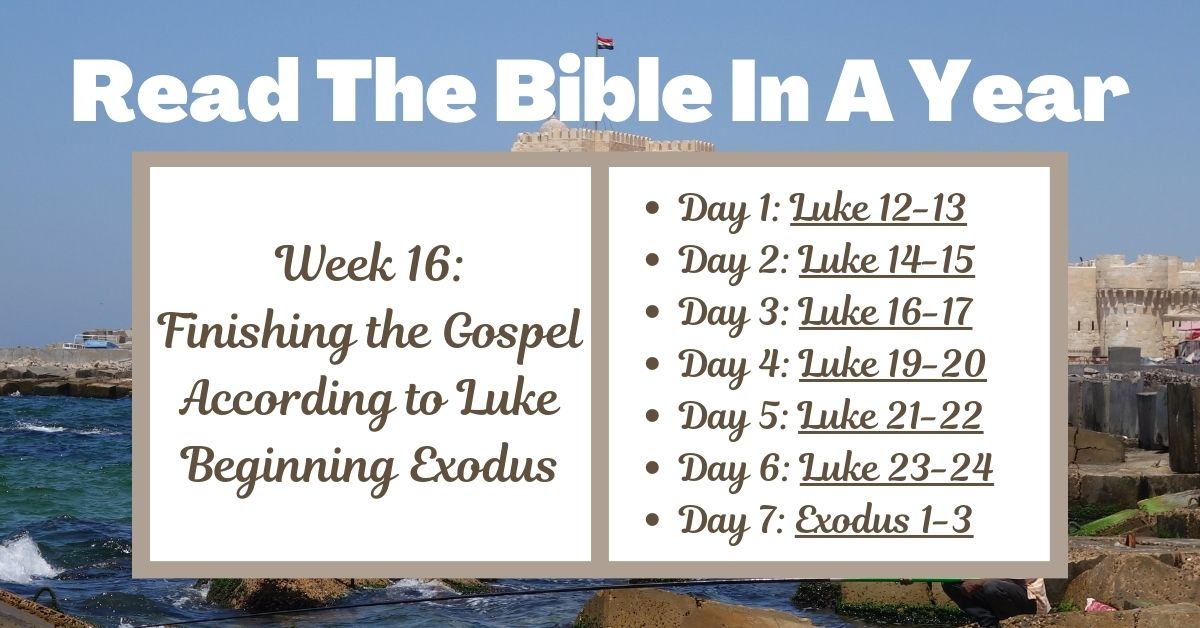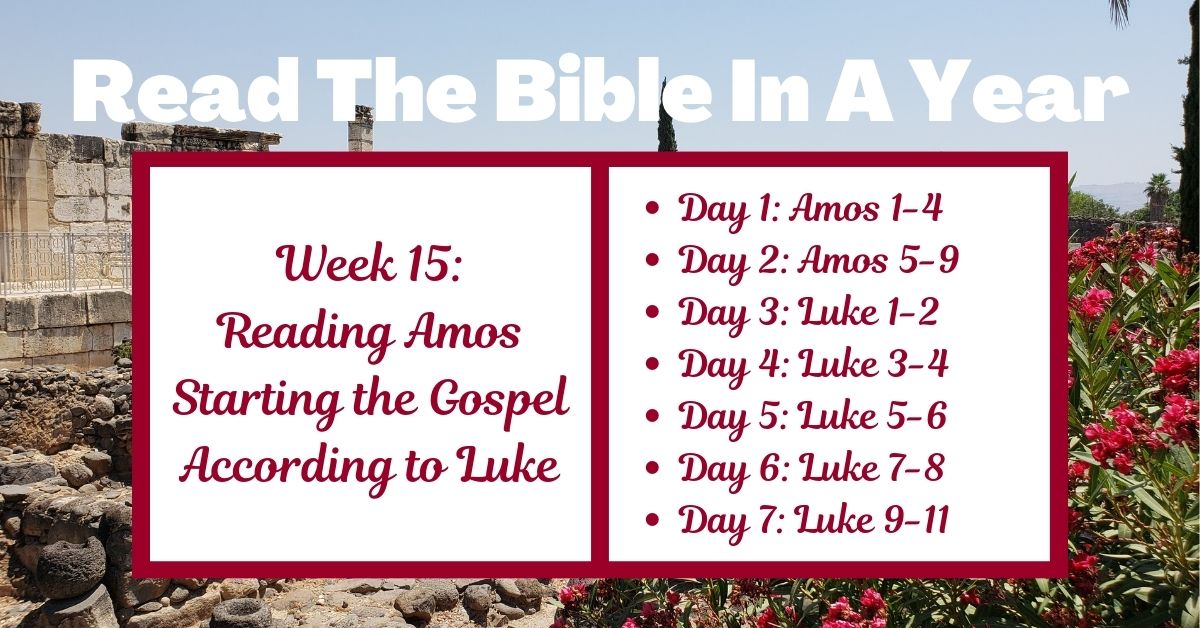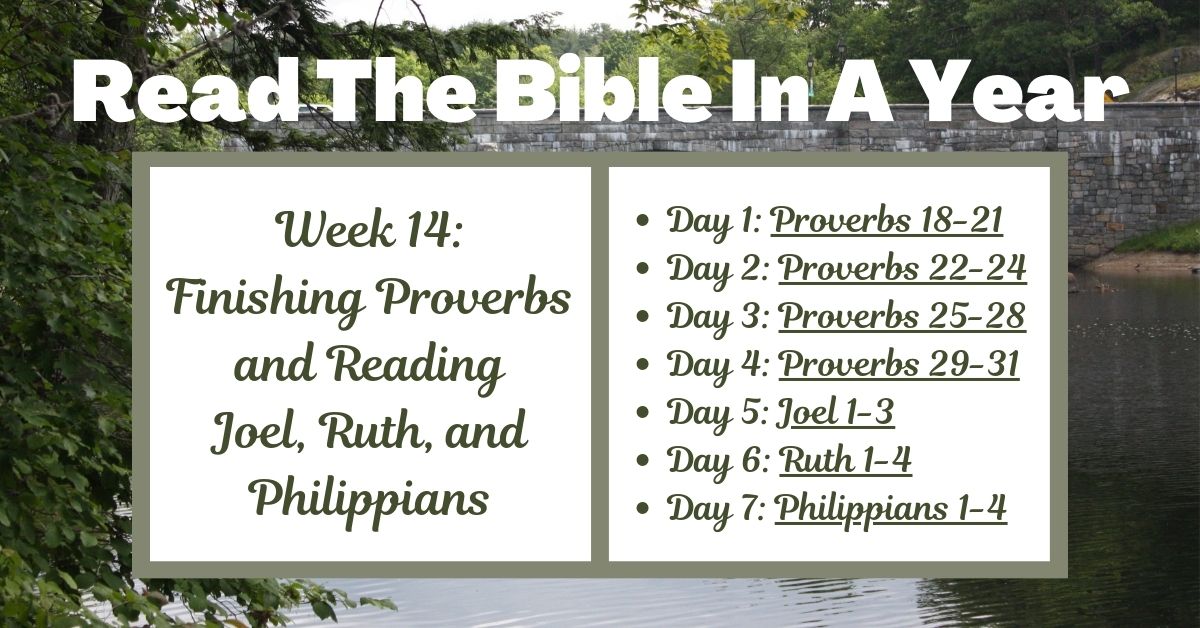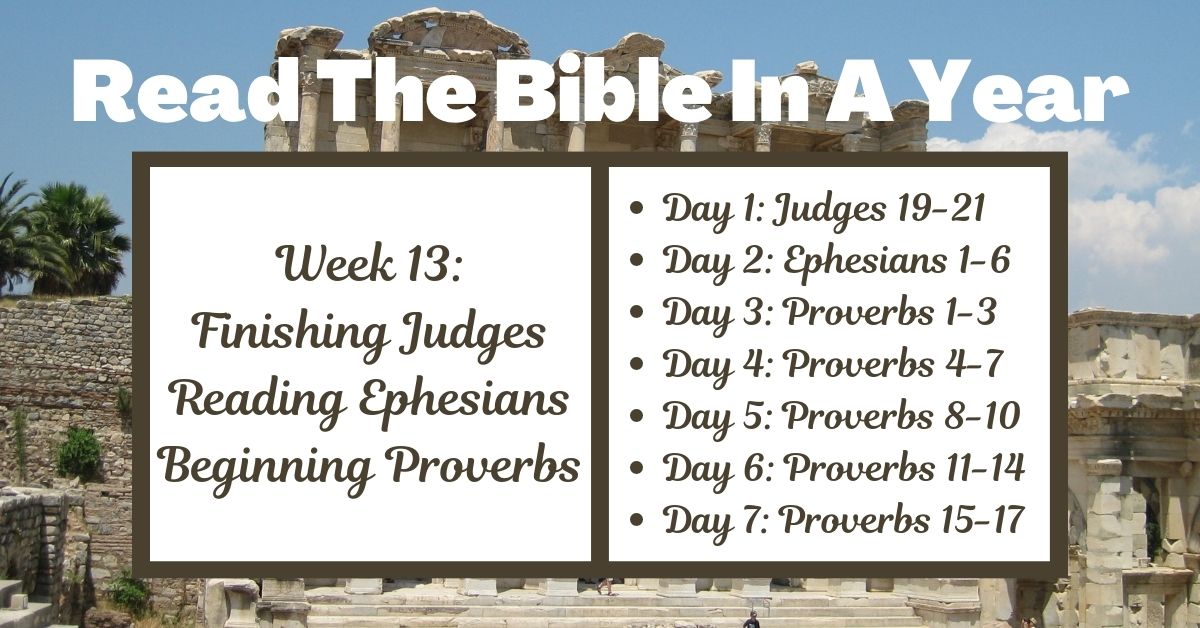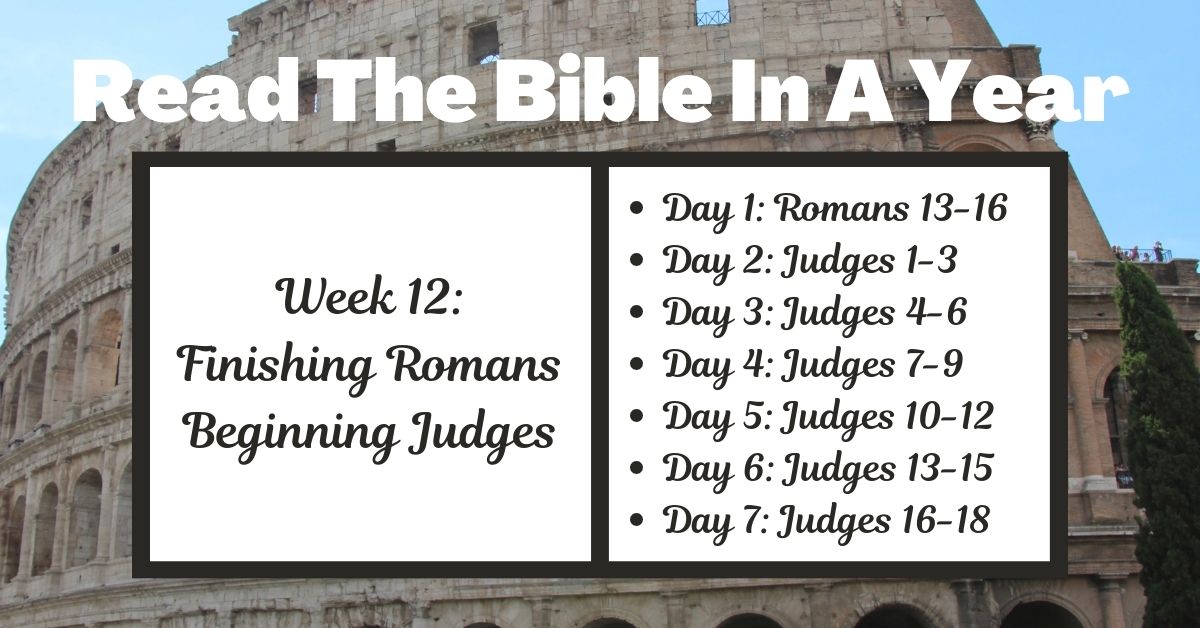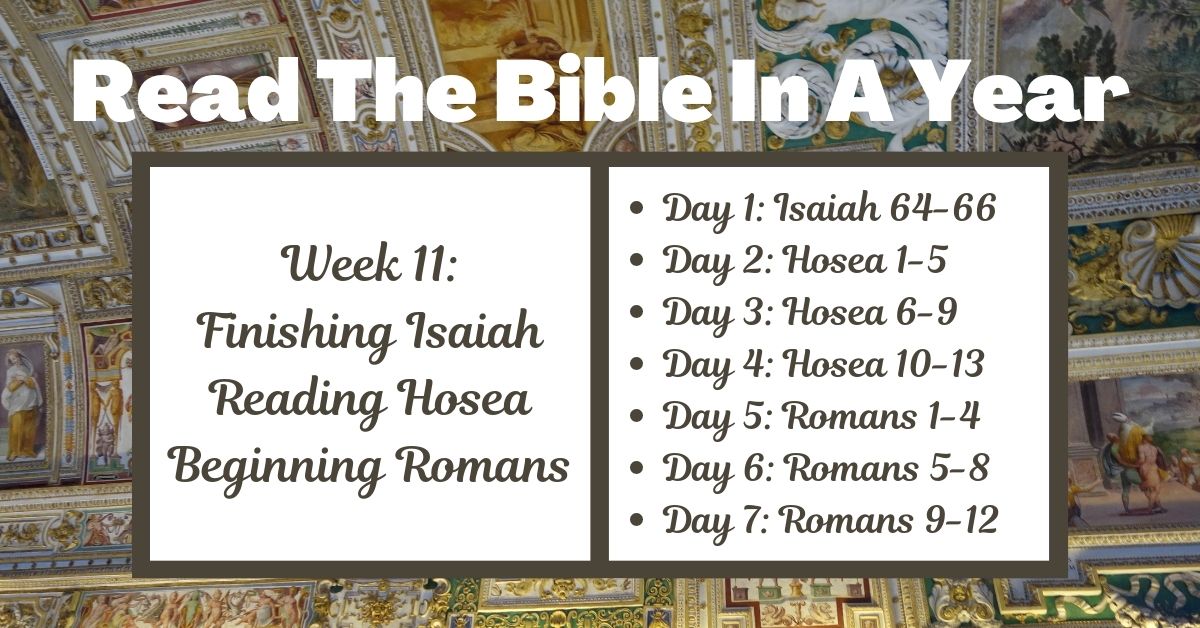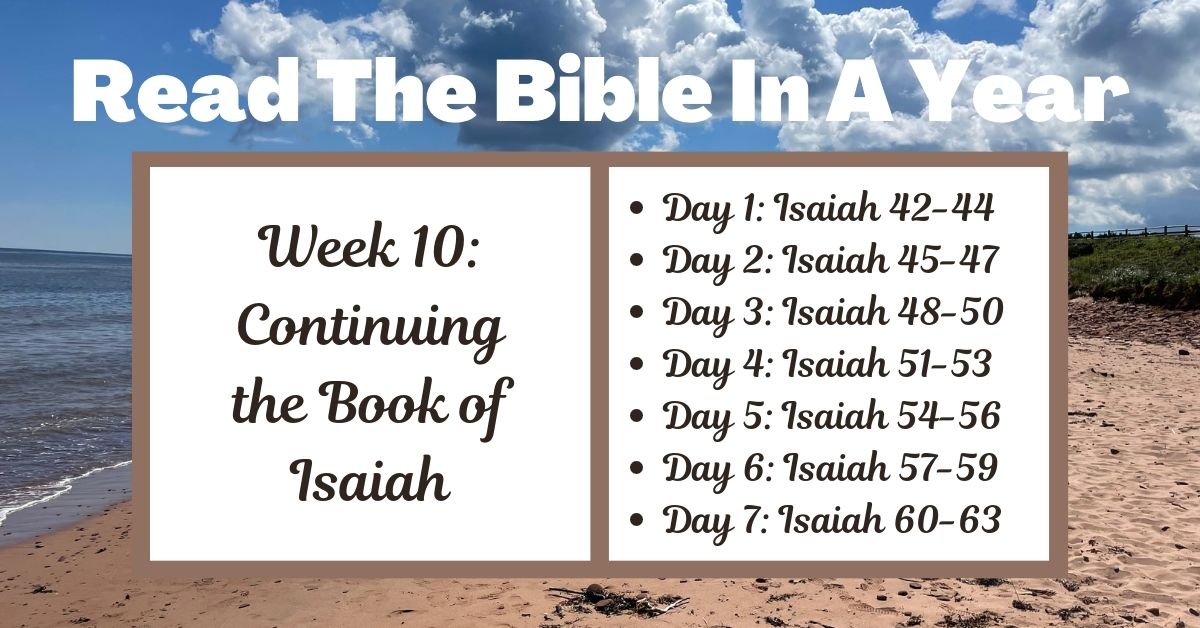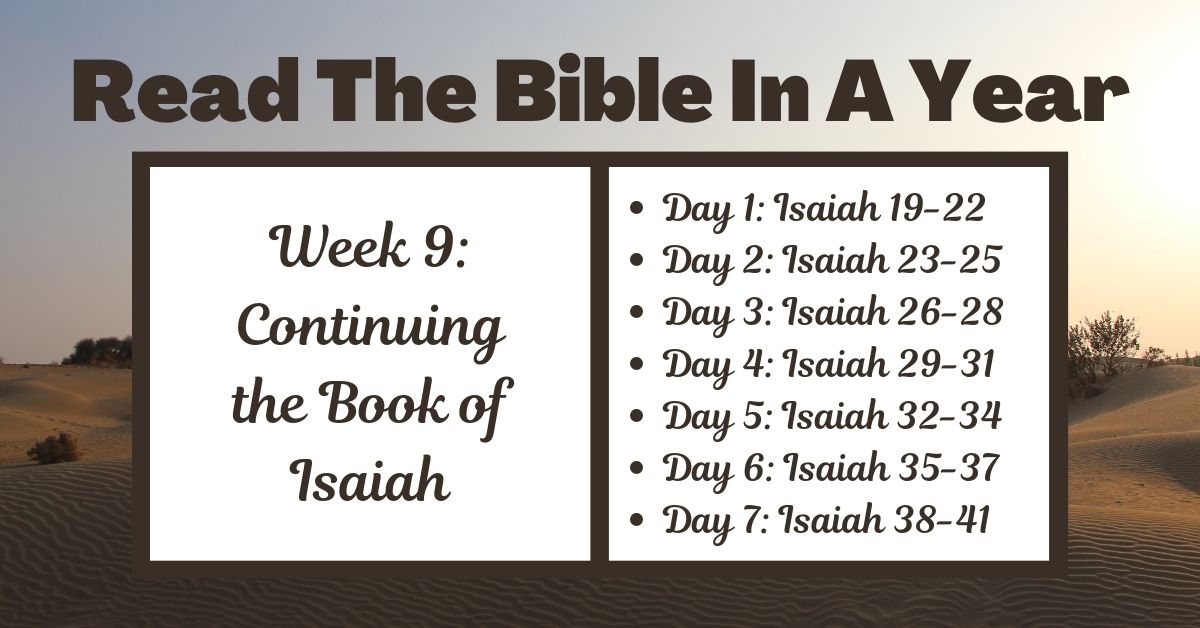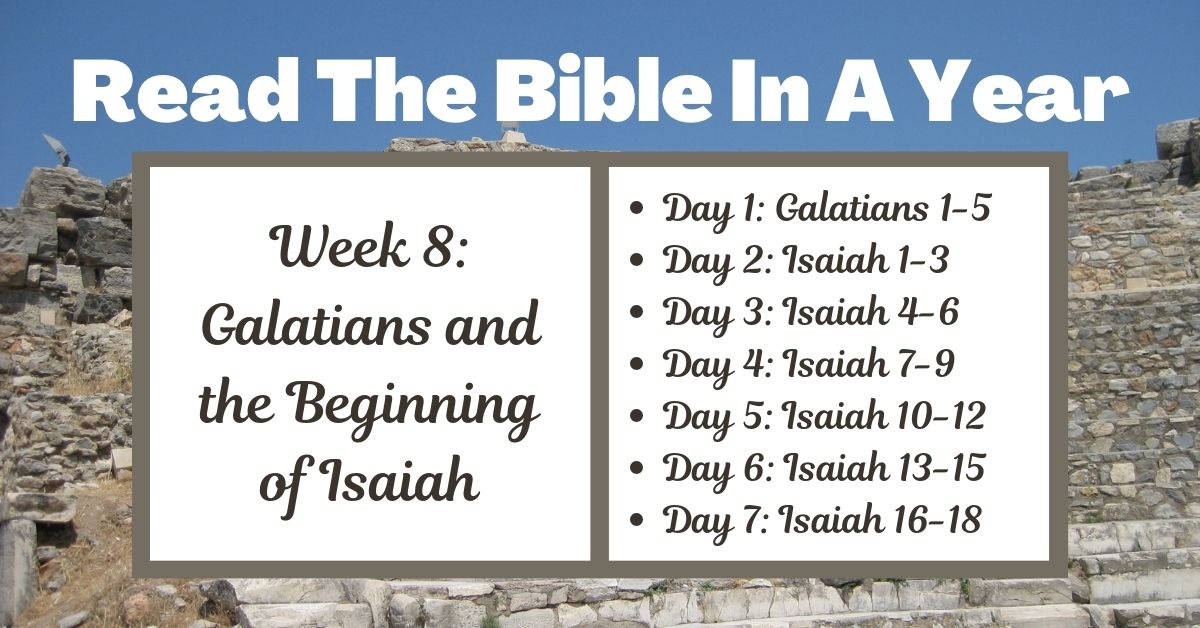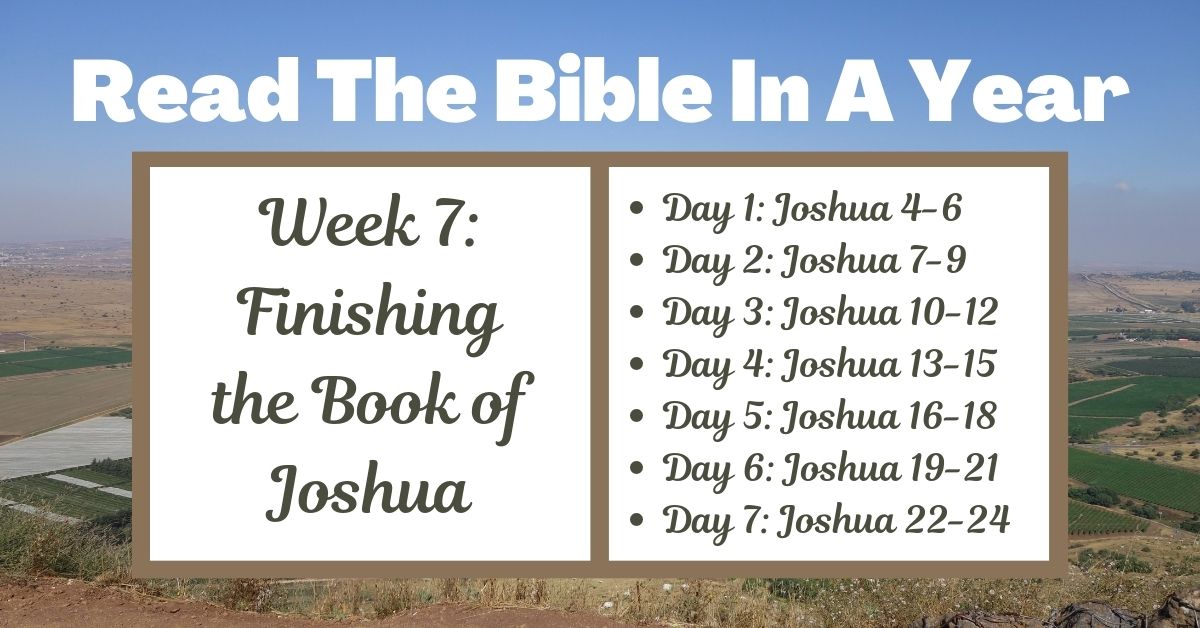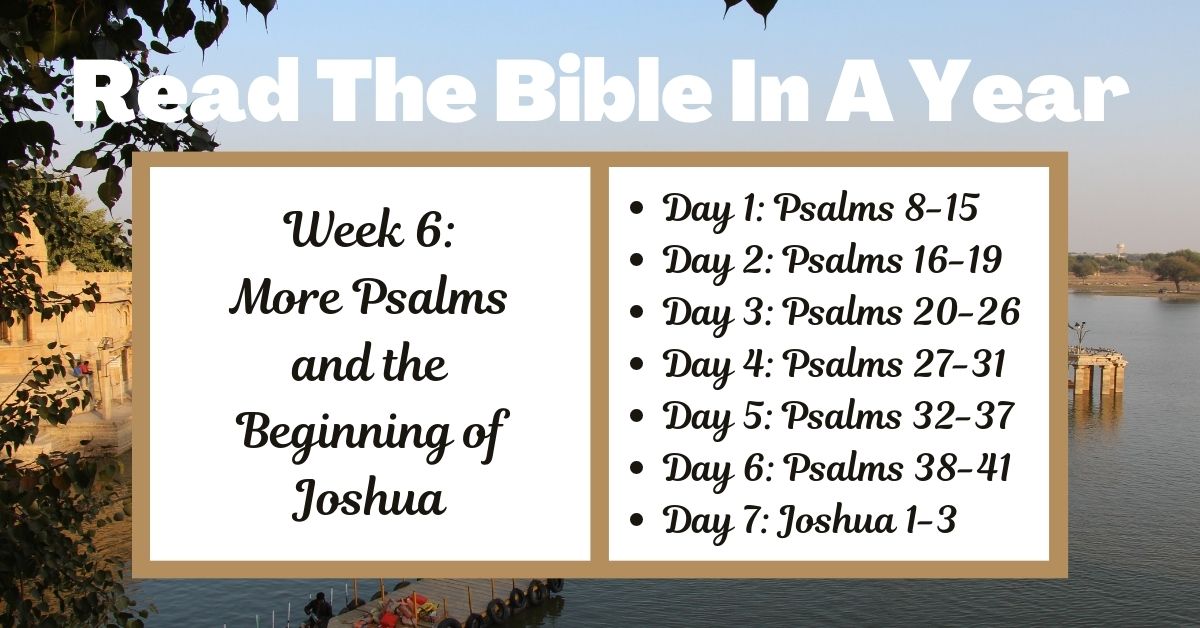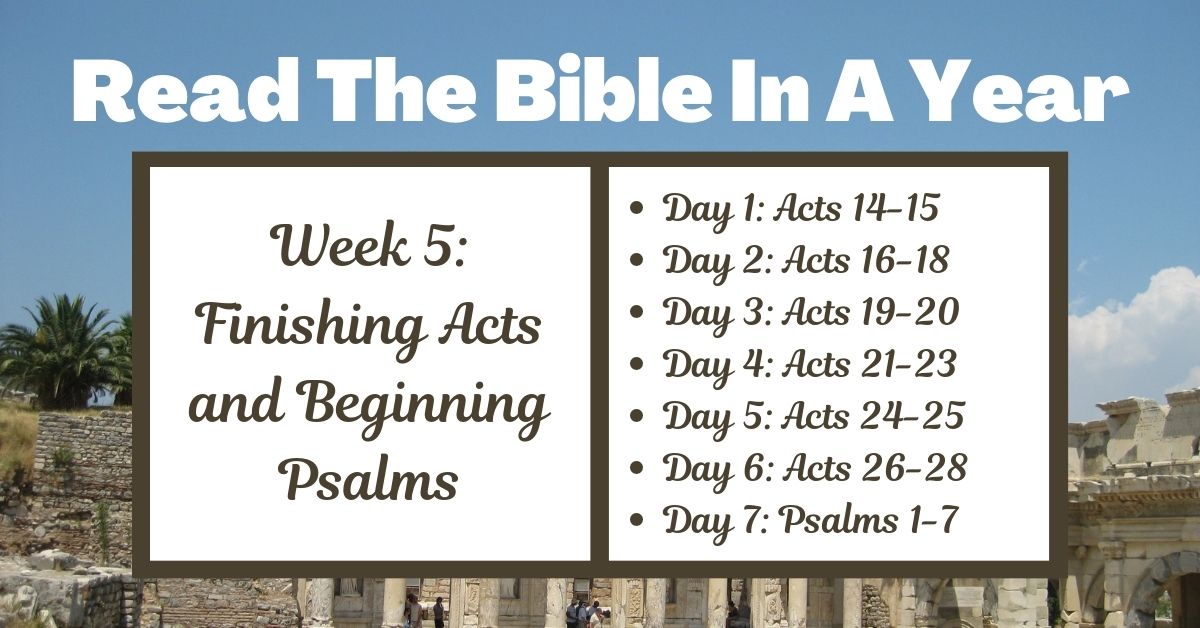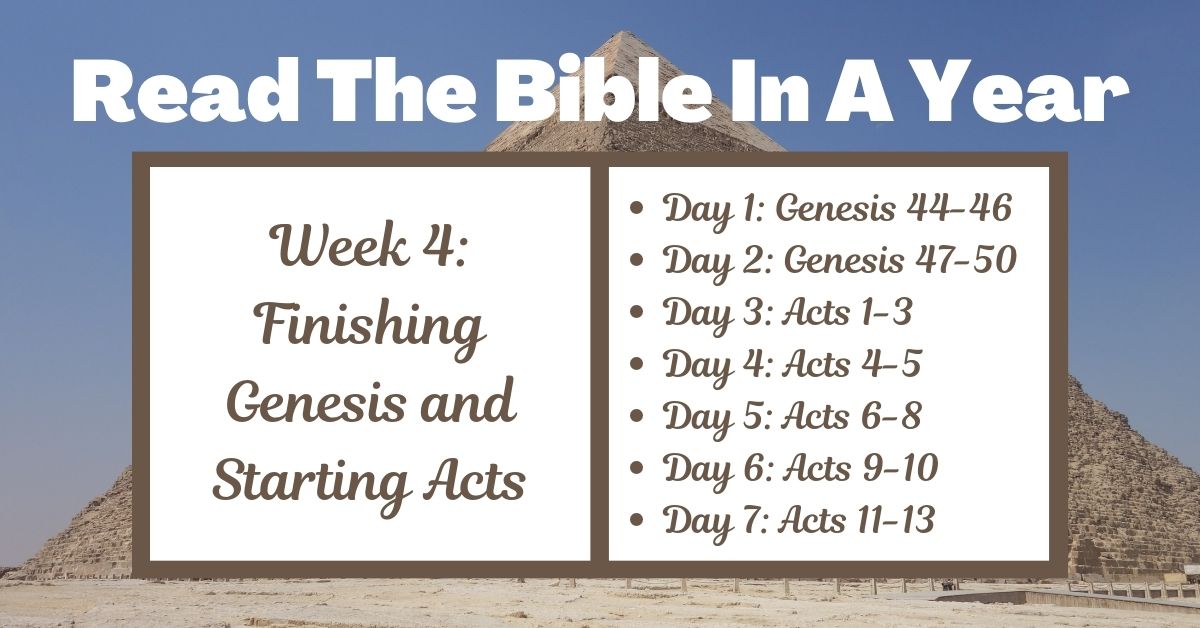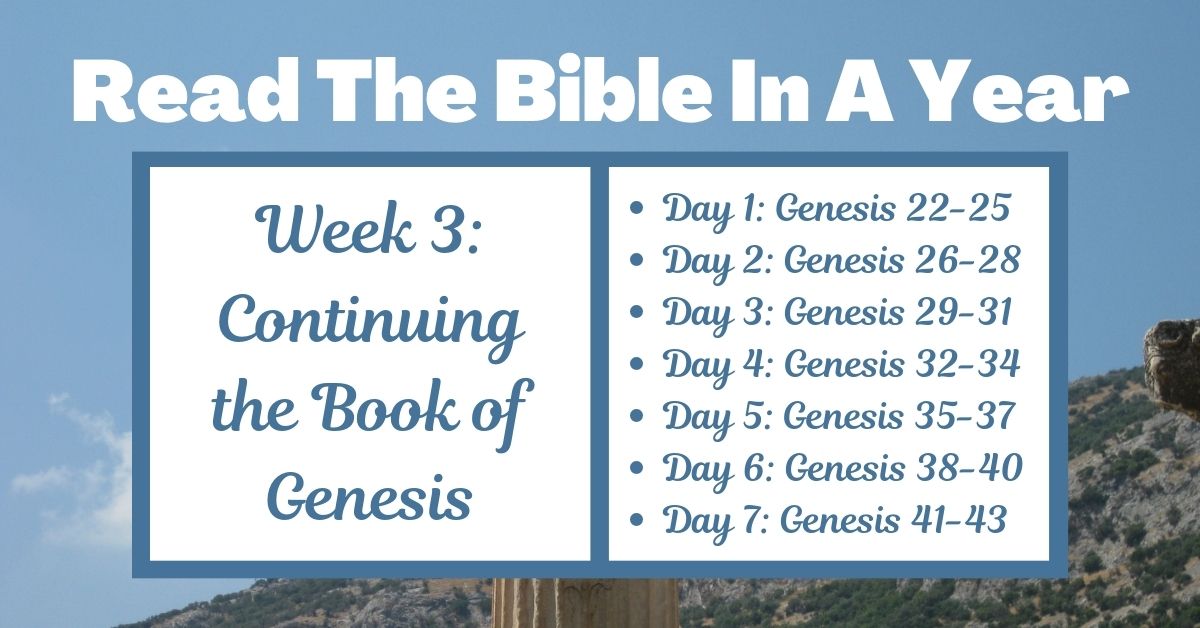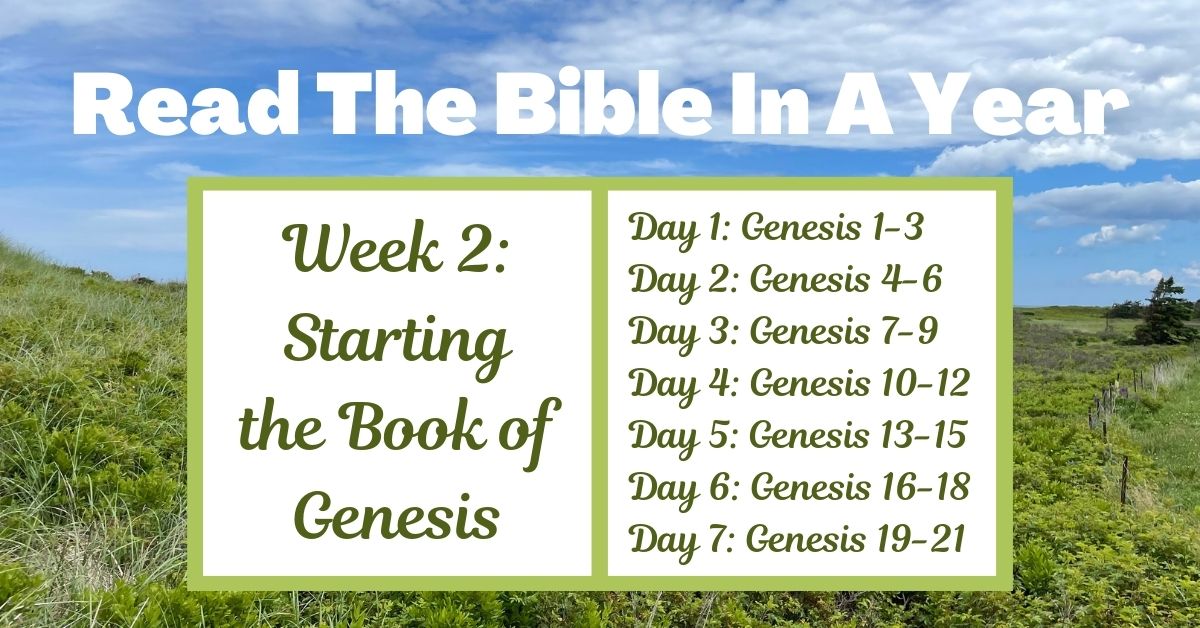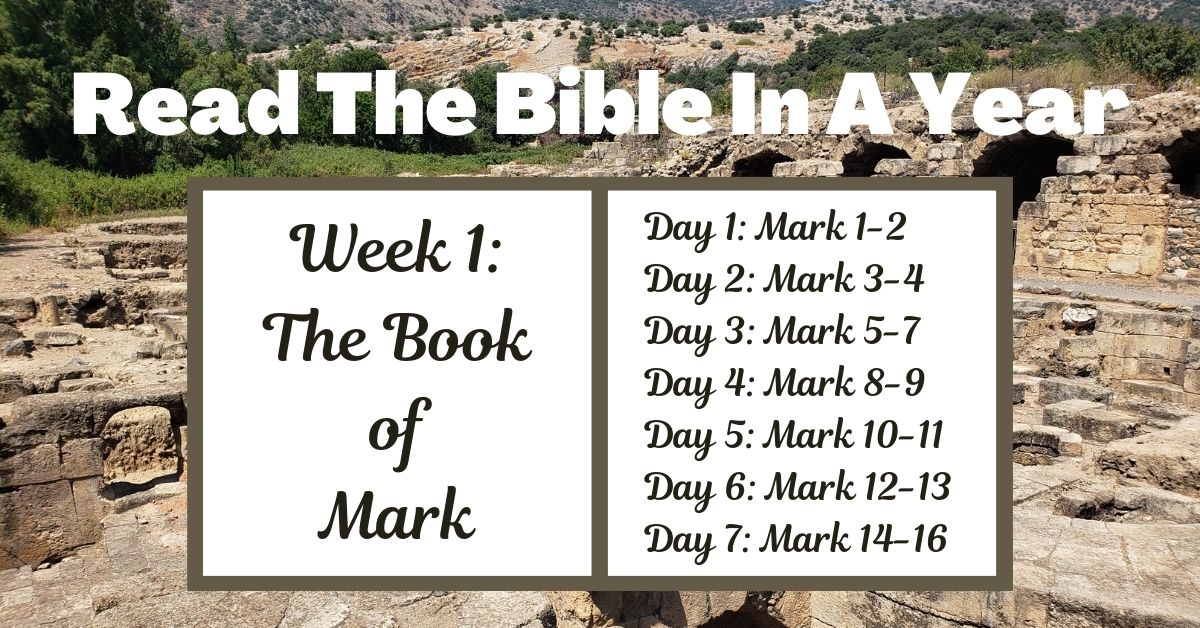In week 40 of our journey through the Bible in a year, we will come to Ezekiel chapters 7-28. Ezekiel, one of the major prophets in the Old Testament, was both a priest and a prophet who lived during the Babylonian exile of the Israelites. His prophetic ministry began in the fifth year of King Jehoiachin’s captivity, around 593 BC. Ezekiel’s messages were directed primarily to the exiled Israelites in Babylon, conveying God’s judgments, warnings, and promises of restoration.
Major Themes in Ezekiel
- God’s Sovereignty and Holiness: In the first chapters, Ezekiel emphasizes God’s absolute sovereignty and holiness. The prophet encounters visions depicting the glory of God, including the famous vision of the divine chariot-throne.
- Judgment and Exile: A significant portion of Ezekiel focuses on the impending judgment upon Jerusalem and the exile of the Israelites. Symbolic actions, vivid imagery, and detailed prophecies illustrate the severity of God’s response to the people’s disobedience.
- Hope for Restoration: Despite the dire predictions of judgment, Ezekiel also contains messages of hope and restoration. God promises to gather the exiles, renew their hearts, and establish a new covenant, offering a vision of a future restored relationship with him.
- Individual Responsibility: The book highlights the need for individual responsibility for one’s actions before God. Ezekiel challenges the notion of being punished for the sins of previous generations and underscores the importance of personal righteousness.
- Visionary Symbolism: Ezekiel’s prophecies often involve vivid and symbolic visions, such as the valley of dry bones and the measuring of the new temple. These symbolic actions serve to convey profound spiritual truths.
Ezekiel Chapters 7-28 Overview
Last week, we read chapters 1-6 of Ezekiel, and as we continue into chapters 7-28, the prophecies will unfold with a mix of judgment and restoration themes. We will see the execution of God’s judgments on Jerusalem and its leaders, the portrayal of foreign nations and their fates, and detailed descriptions of the future temple and the restored worship of God.
Additionally, we can expect to encounter powerful and symbolic visions, including the departure of the glory of God from the temple, lamentations for the leaders of Israel, parables illustrating political alliances, and the detailed plans for the new temple. The prophet Ezekiel employs various literary forms, combining poetry, narrative, and symbolic actions to convey the complex messages God has entrusted him to deliver.
As we delve into these chapters, we will witness the unfolding drama of God’s justice, mercy, and the promise of ultimate restoration for his people. The prophetic words of Ezekiel continue to resonate with timeless themes that challenge and inspire us to reflect on our own relationships with God and the consequences of both disobedience and repentance.
Flexible Plan: Reading for Week 40
If you are following the flexible plan for reading the Bible in a year, here is your reading assignment. You can break up the reading however you like throughout the week!
- Passage 1: Ezekiel 7-28
Printable Resource: Bible in a Year Reading Plan: Weekly Assignments
7-Day Reading Assignment: Week 40
For those who prefer a more organized approach, the weekly assignment can be broken into seven sections:
- Day 1: Ezekiel 7-9
- Day 2: Ezekiel 10-12
- Day 3: Ezekiel 13-16
- Day 4: Ezekiel 17-19
- Day 5: Ezekiel 20-22
- Day 6: Ezekiel 23-25
- Day 7: Ezekiel 26-28
Printable Resource: Bible in a Year Reading Plan: Daily Assignments
5-Day Reading Assignment: Week 40
Or if you know that you are likely to miss a day or two of reading, the weekly assignment can be broken into five sections:
- Day 1: Ezekiel 7-10
- Day 2: Ezekiel 11-15
- Day 3: Ezekiel 16-19
- Day 4: Ezekiel 20-24
- Day 5: Ezekiel 25-28
Printable Resource: Bible in a Year Reading Plan: 5 Days/Week Assignments
Reflection Questions
Consider the following reflection questions for Ezekiel chapters 7-28:
- How does Ezekiel vividly portray the impending judgment on Jerusalem and the reasons behind the exile of the Israelites?
- What symbolic actions or visions stand out to you in the context of Ezekiel’s depiction of the impending judgment on Jerusalem?
- Explore instances where Ezekiel introduces elements of hope or restoration amidst the prophecies of judgment. How do these glimpses of hope contribute to the overall message of the book?
- What is the significance of individual responsibility in chapter 18 of Ezekiel? How does Ezekiel challenge the idea of being punished for the sins of previous generations?
- Choose a specific vision or symbolic action and discuss its significance. How does the use of symbolism contribute to the impact of Ezekiel’s prophecies?
- Starting in chapter 19, Ezekiel uses lamentations for the leaders of Israel and parables depicting the fates of various nations. Discuss the emotional and symbolic elements in these sections. How do these expressions of lamentation and parables contribute to the overall narrative?
- Chapters 10 and 11 describe the departure of the glory of God from the temple. Discuss the significance of this event in the context of God’s relationship with his people. How does the departure of God’s glory relate to the themes of judgment and exile?
- Identify instances where Ezekiel uses imagery or language to convey the idea of restoration. How does the prophet balance messages of judgment with messages of hope for the future?
- In chapters 25-28, Ezekiel delivers oracles against various foreign nations. Explore the messages directed at these nations and discuss their significance in the overall message of Ezekiel. How do these oracles contribute to the understanding of God’s justice on a broader scale?
- Consider how the themes and messages in Ezekiel might apply to contemporary contexts. Are there parallels between the challenges faced by the ancient Israelites and present-day circumstances? What lessons or insights can be drawn for individuals and communities today?
Subscribe
If you enjoyed this post and wish to receive more Christian content, feel free to subscribe to my newsletters!
Related Resources
Visit the Joyful Moments in Christ homepage for all posts, or scroll through other blog posts related to reading the Bible in a year:
